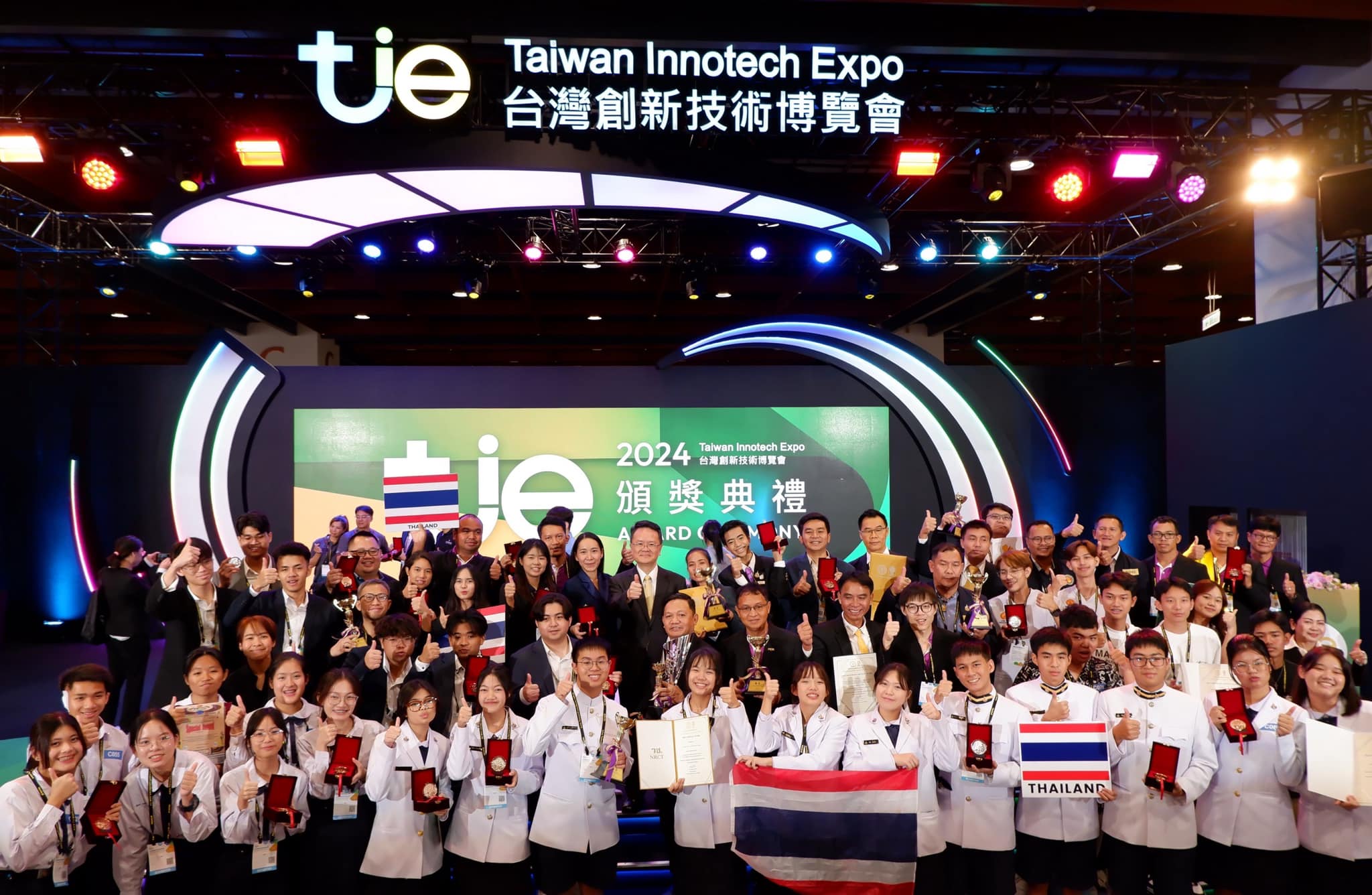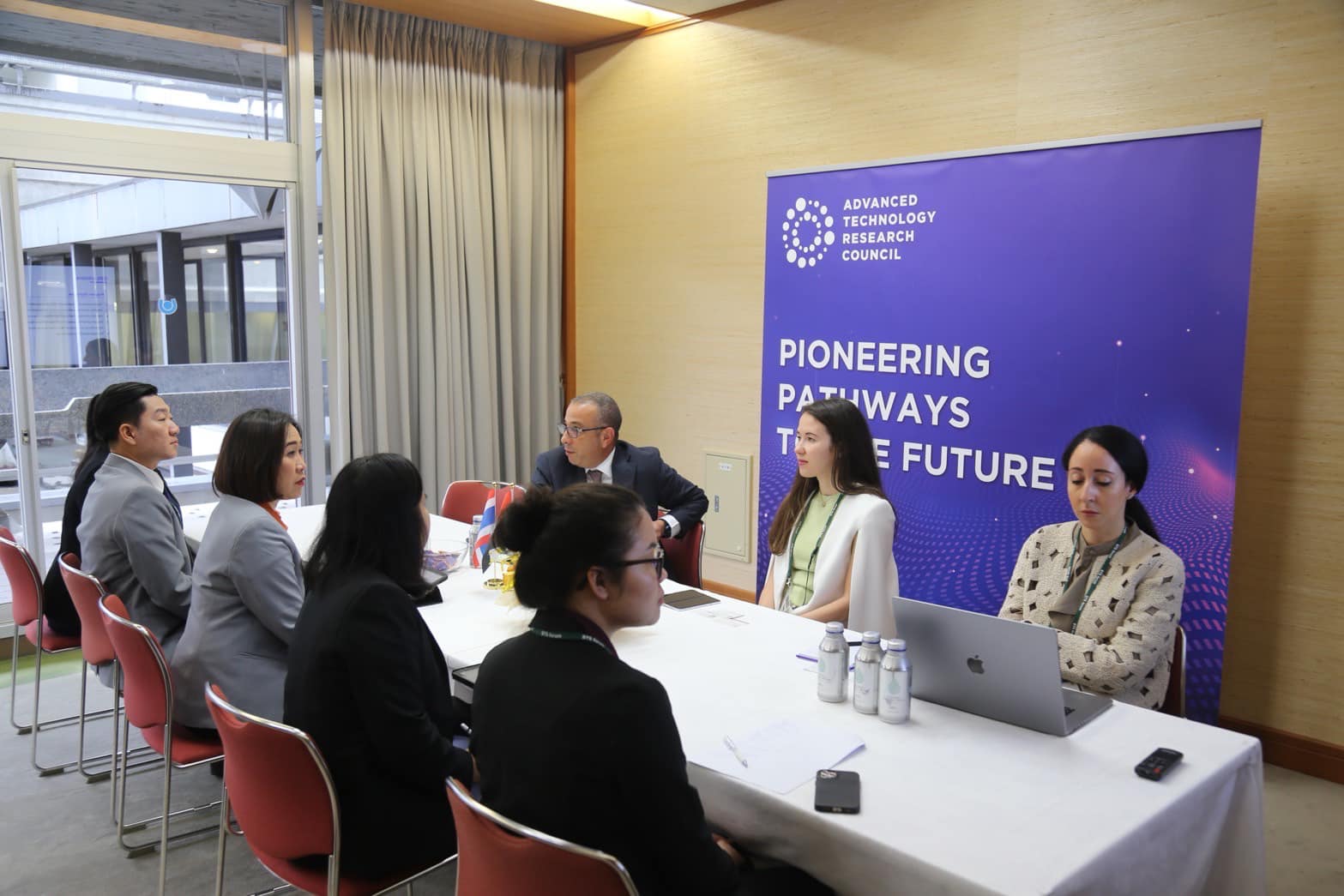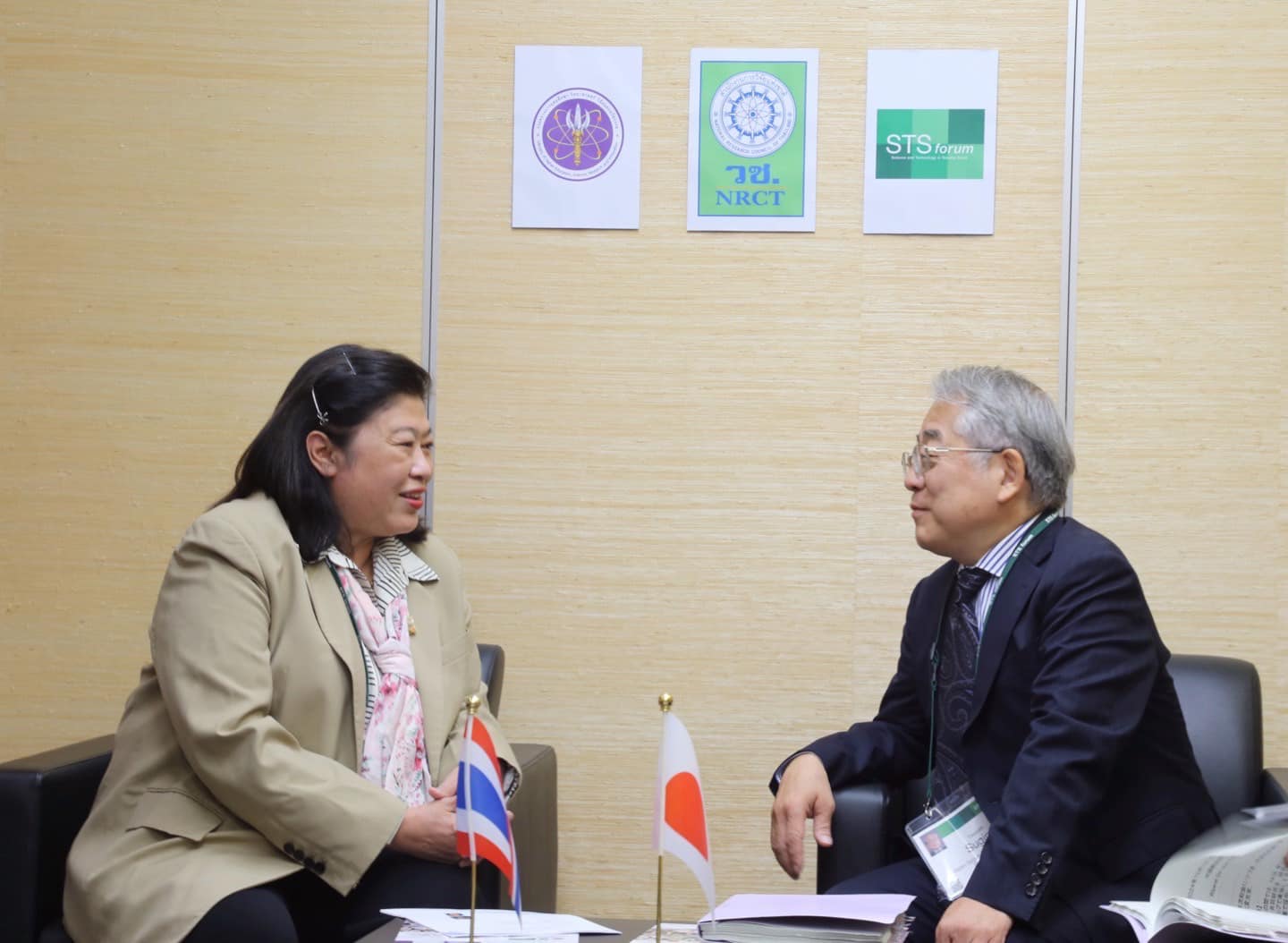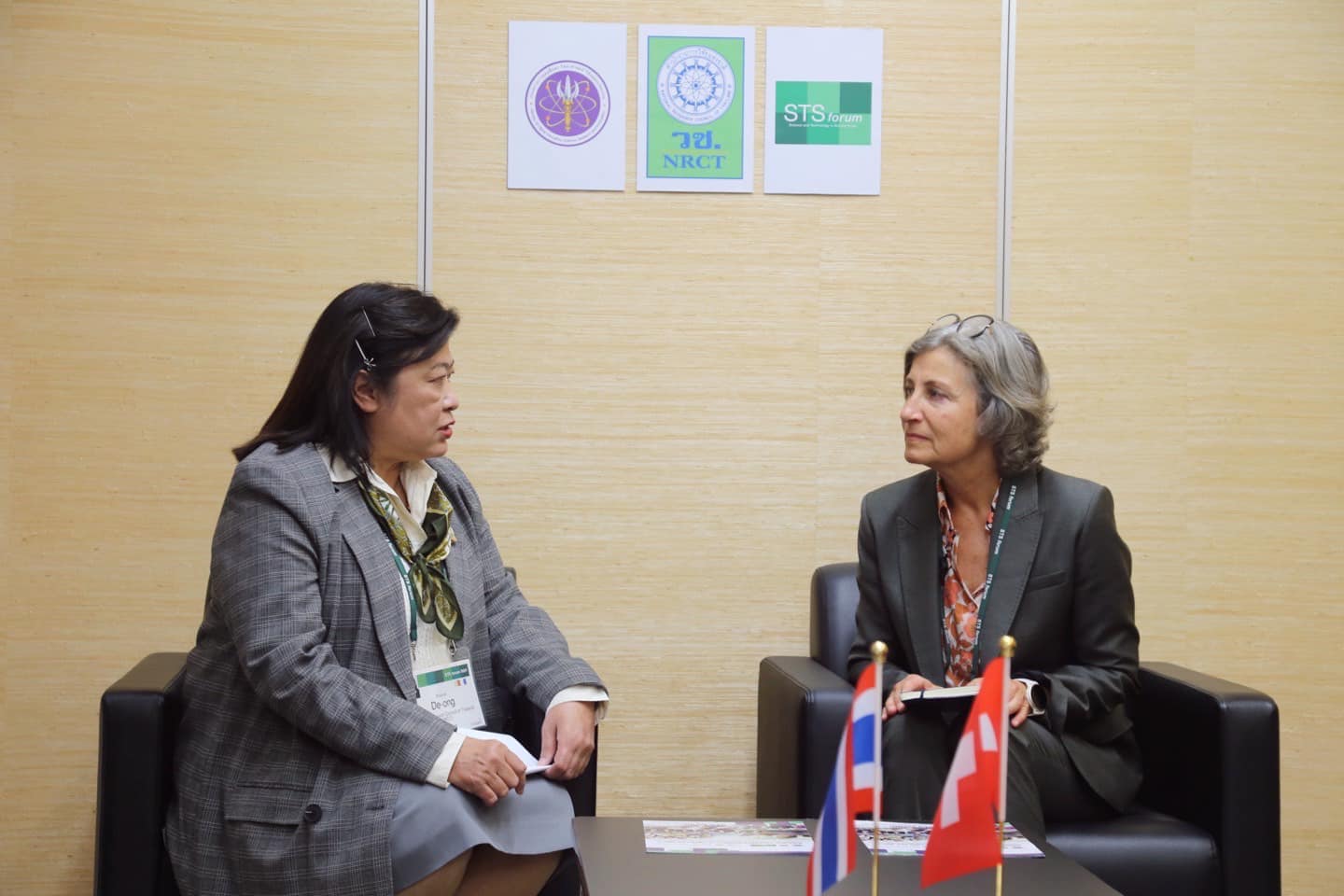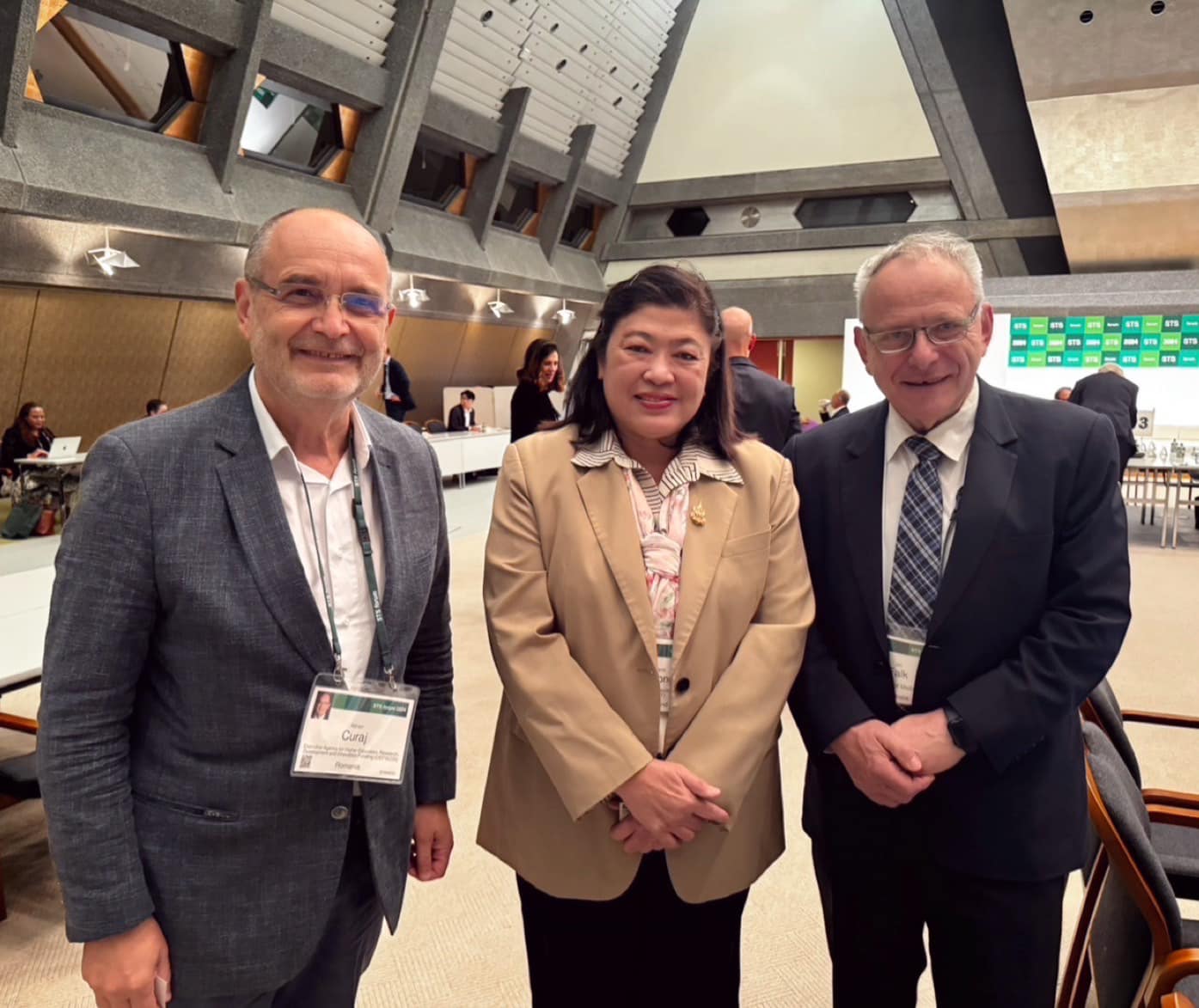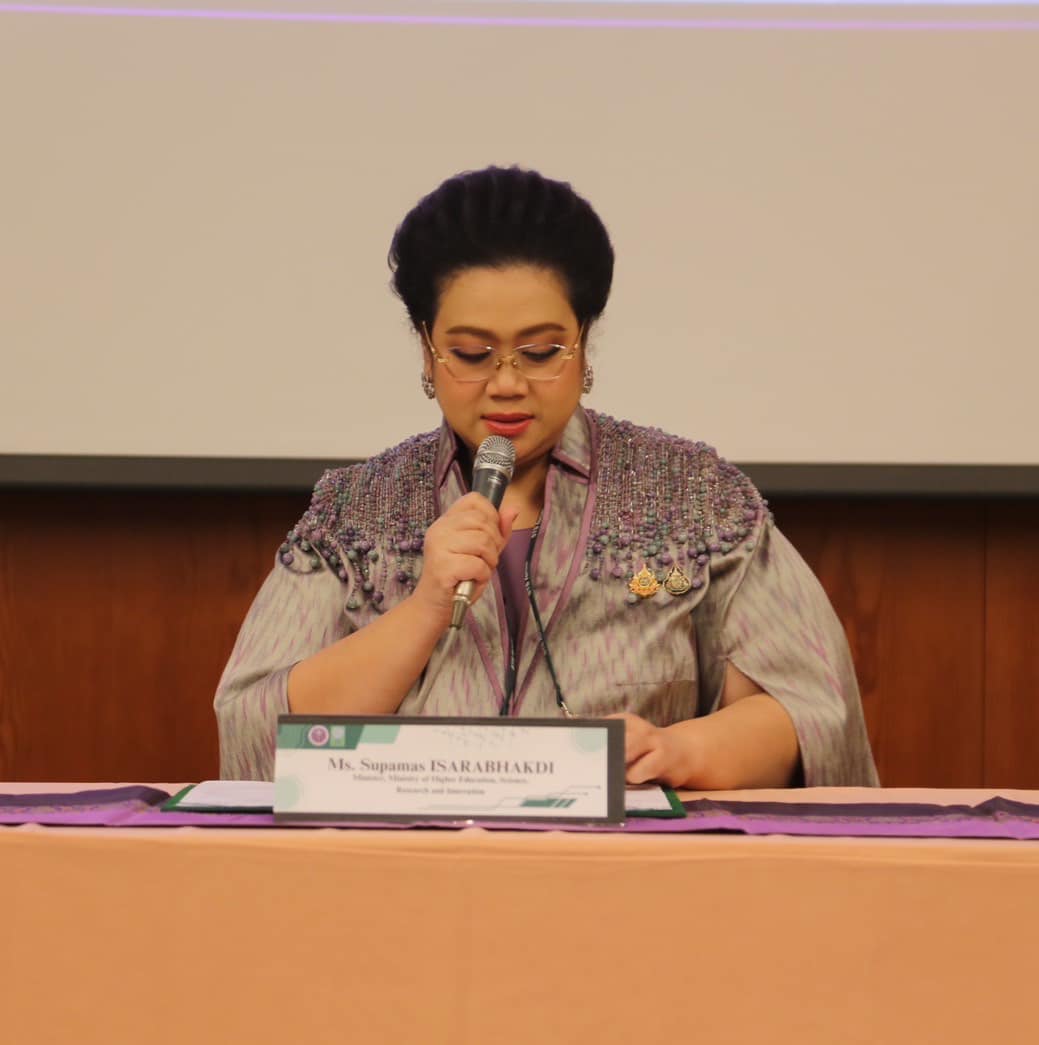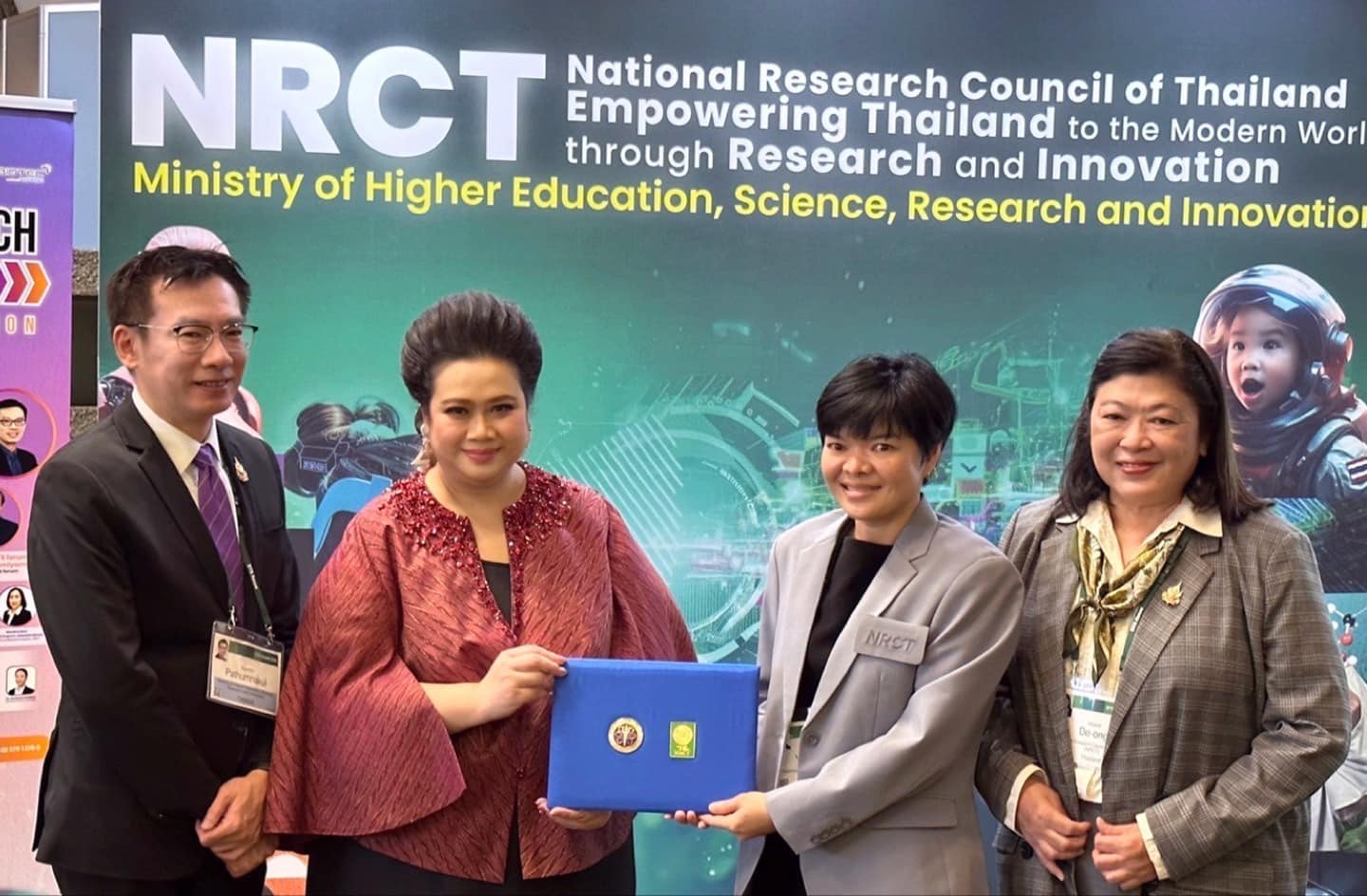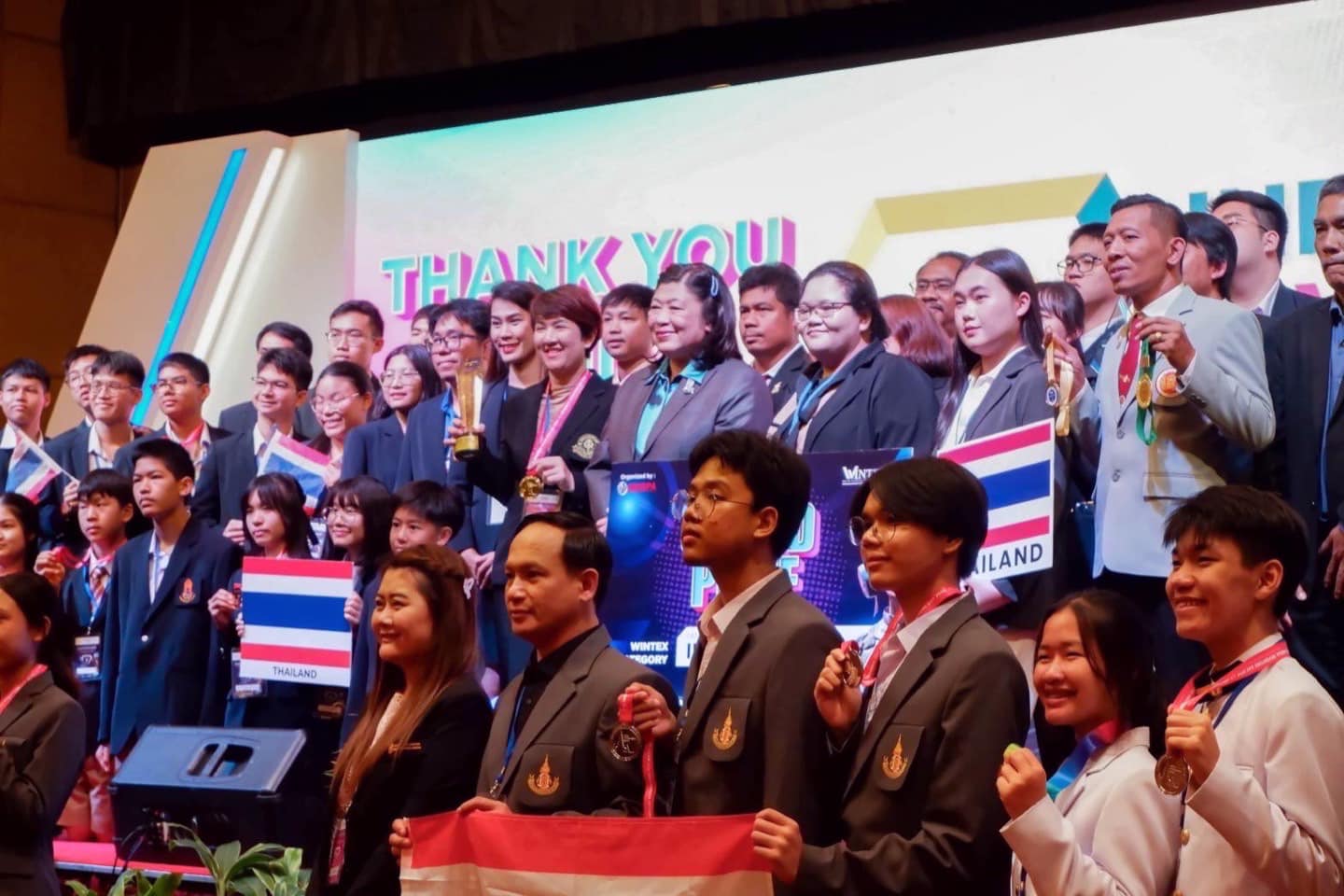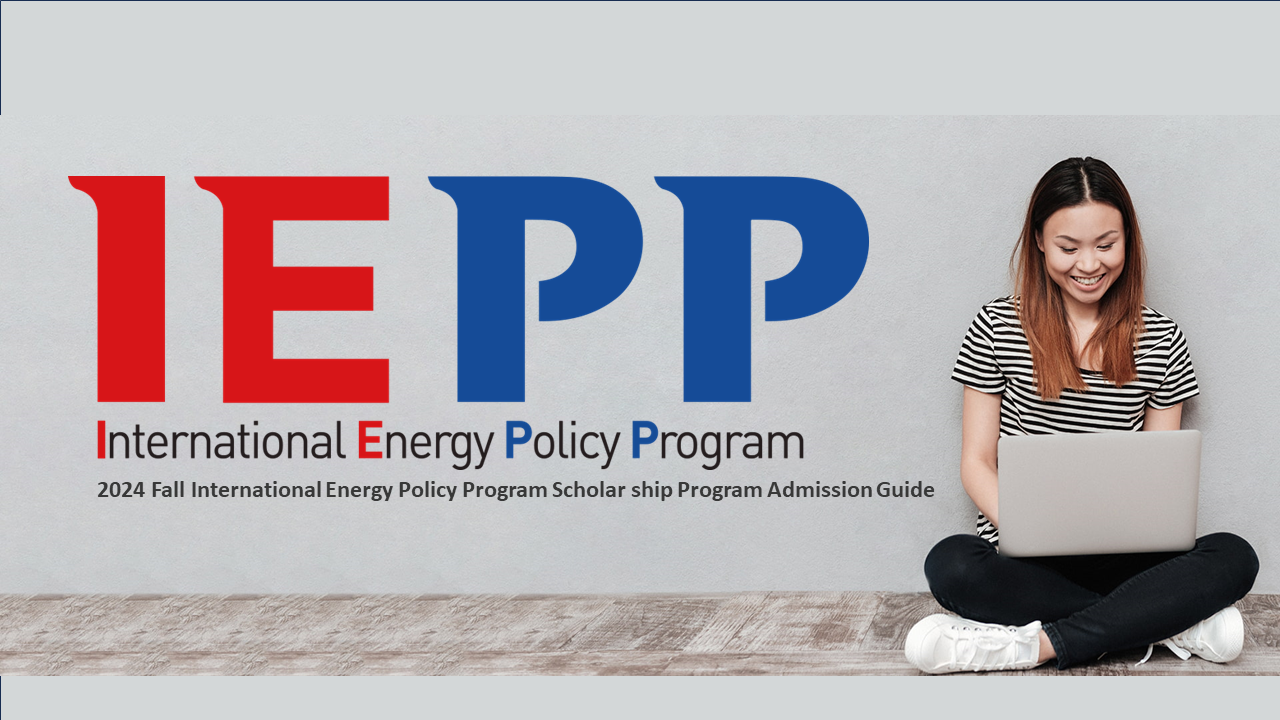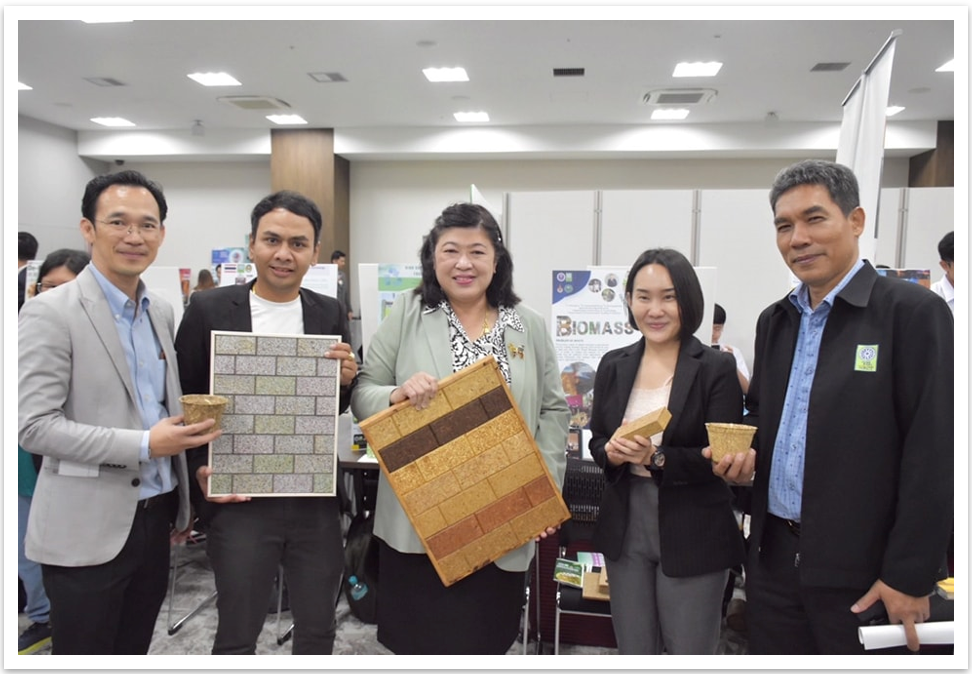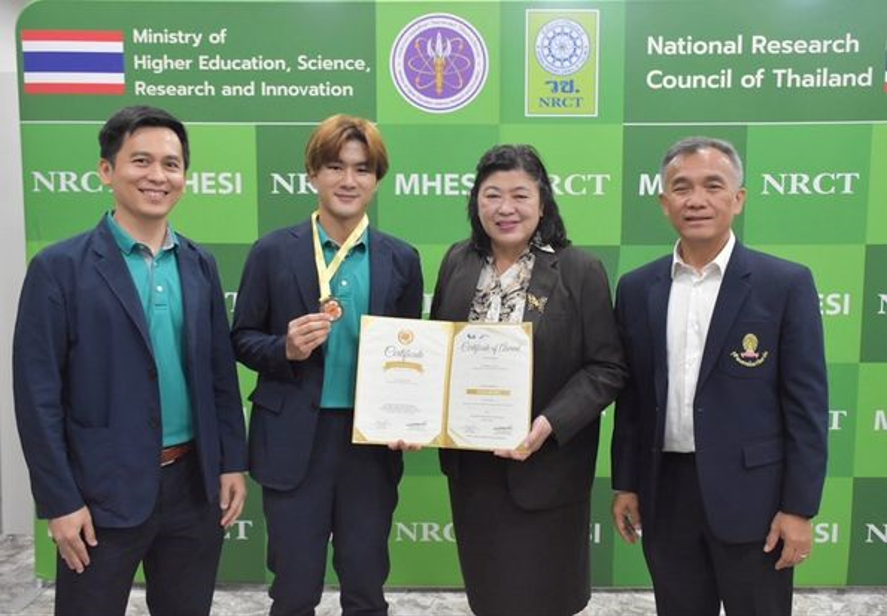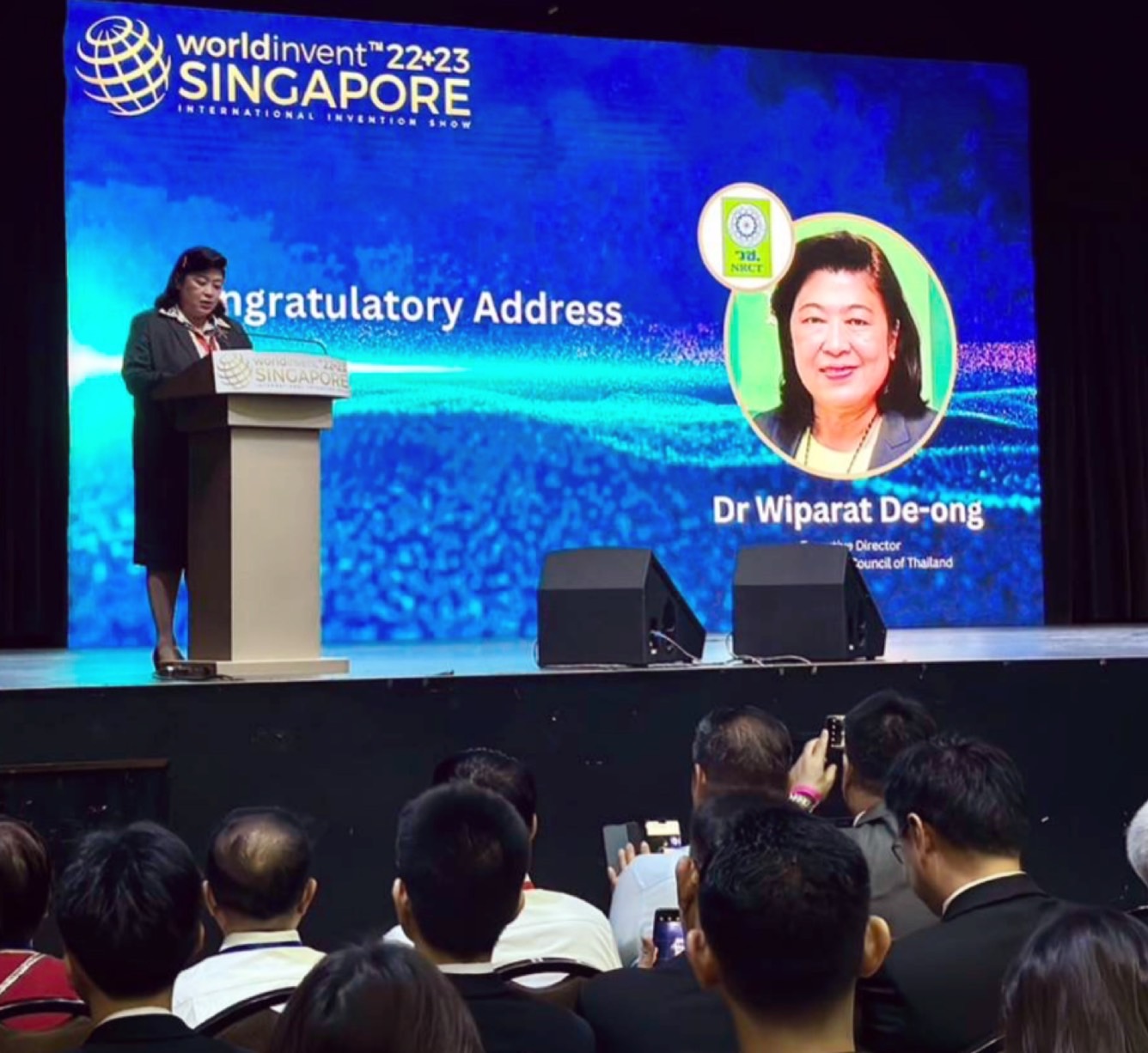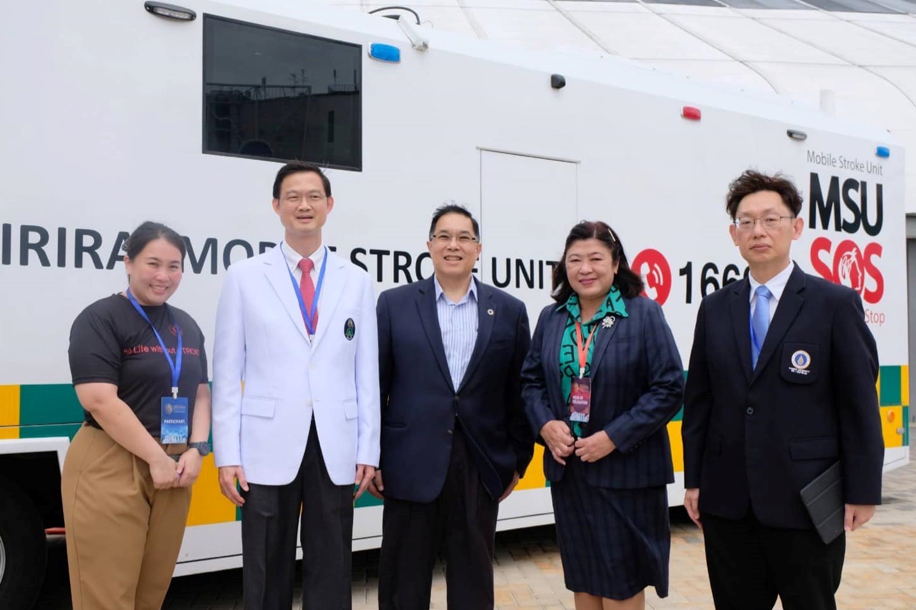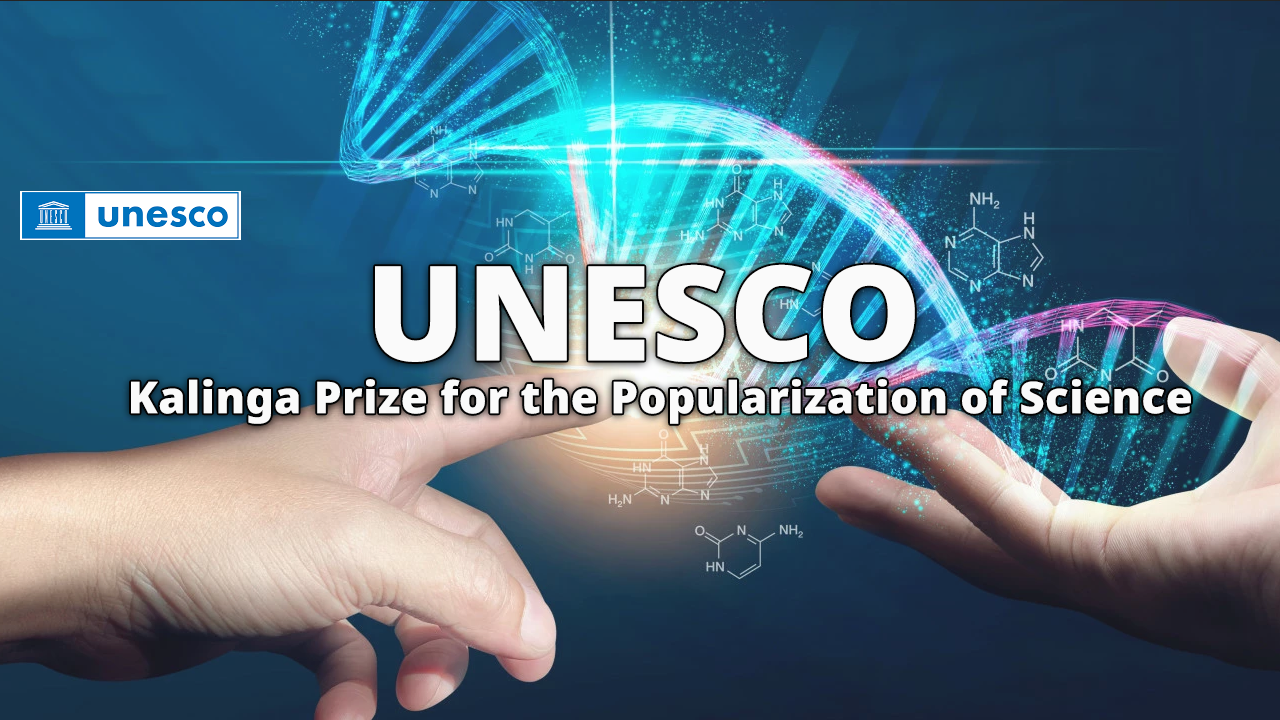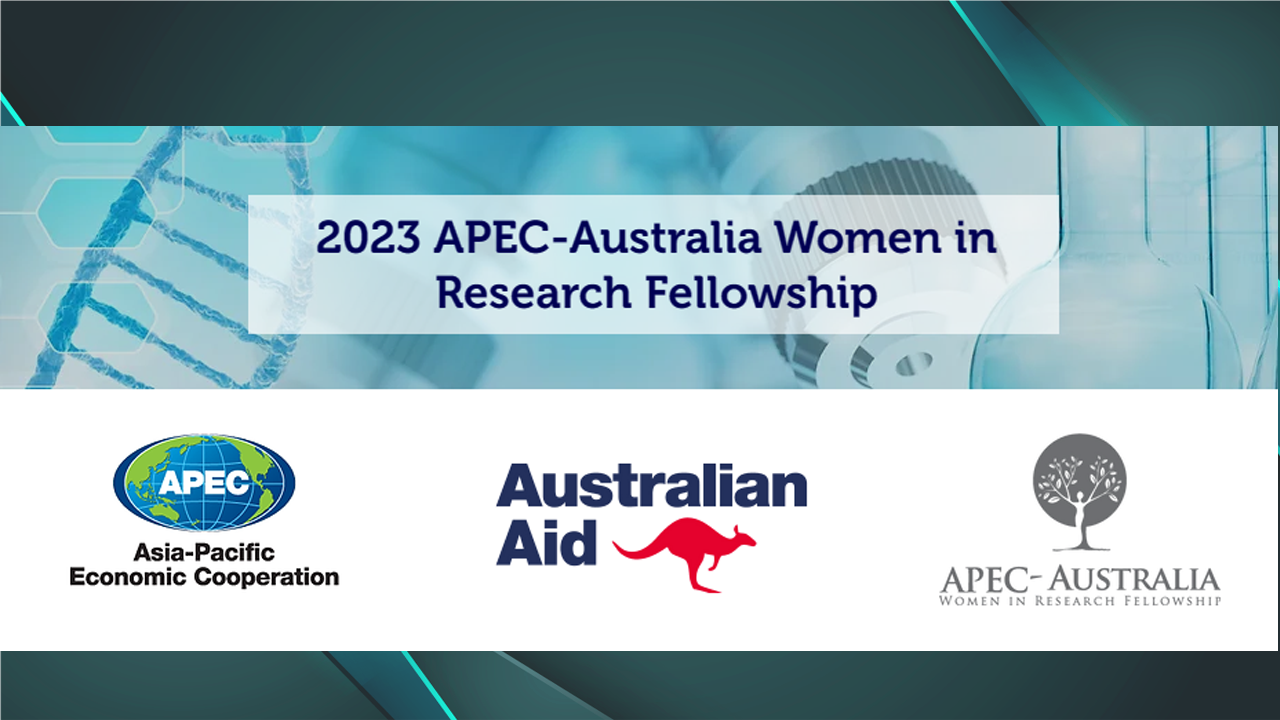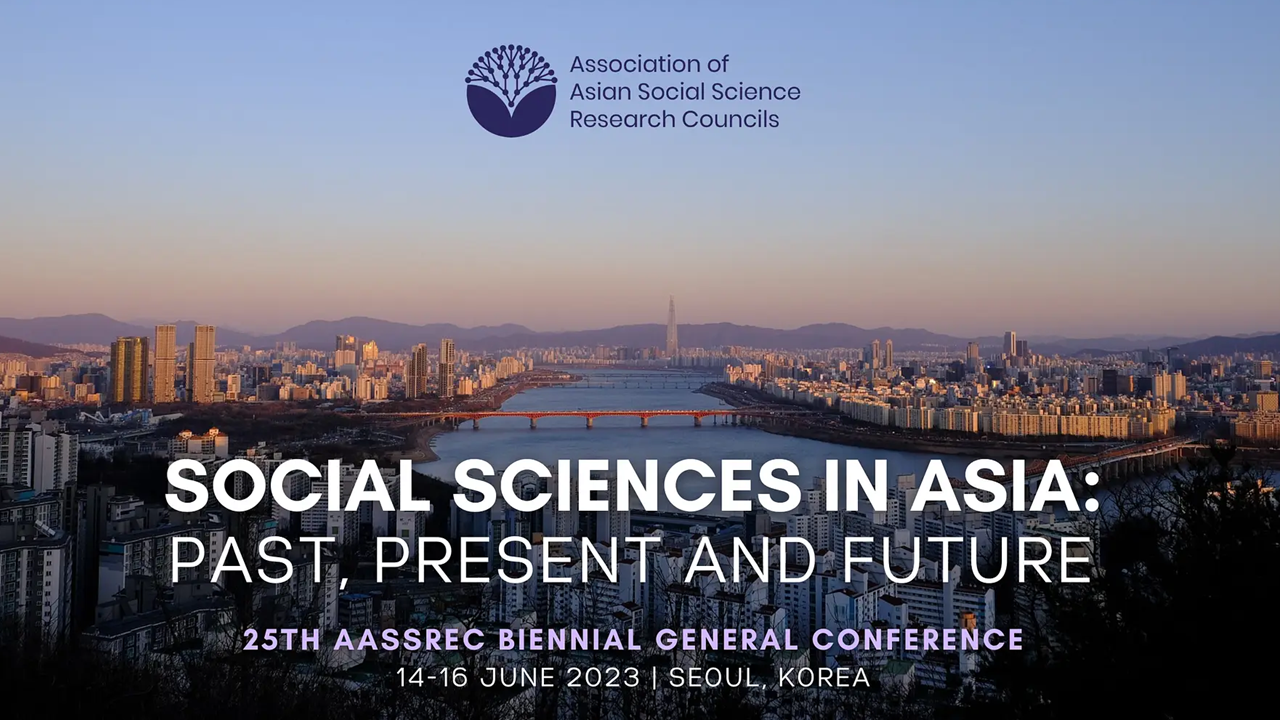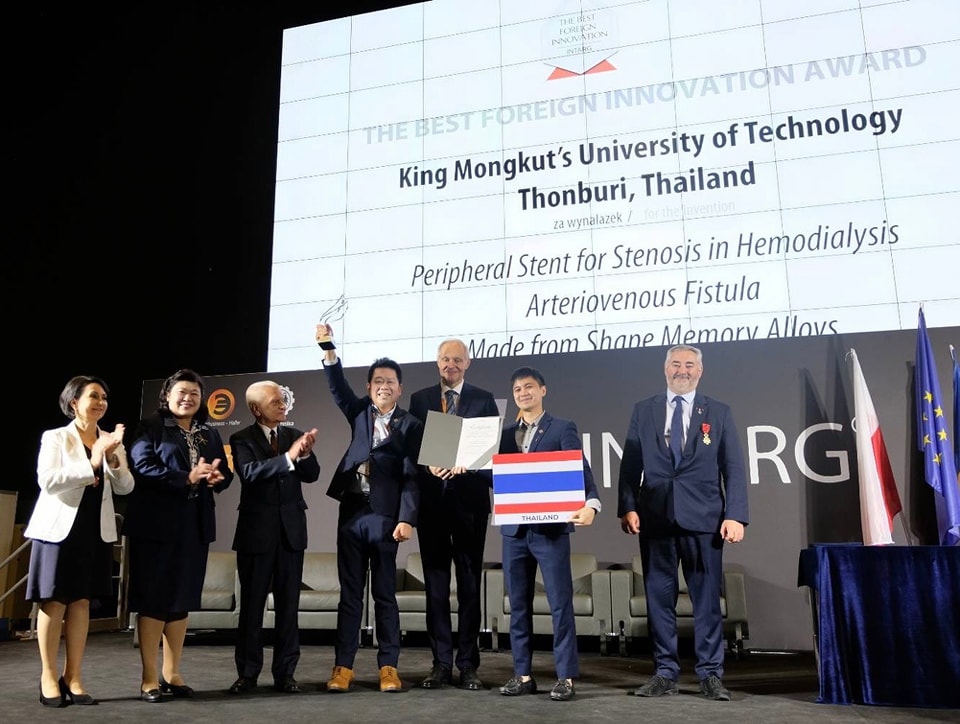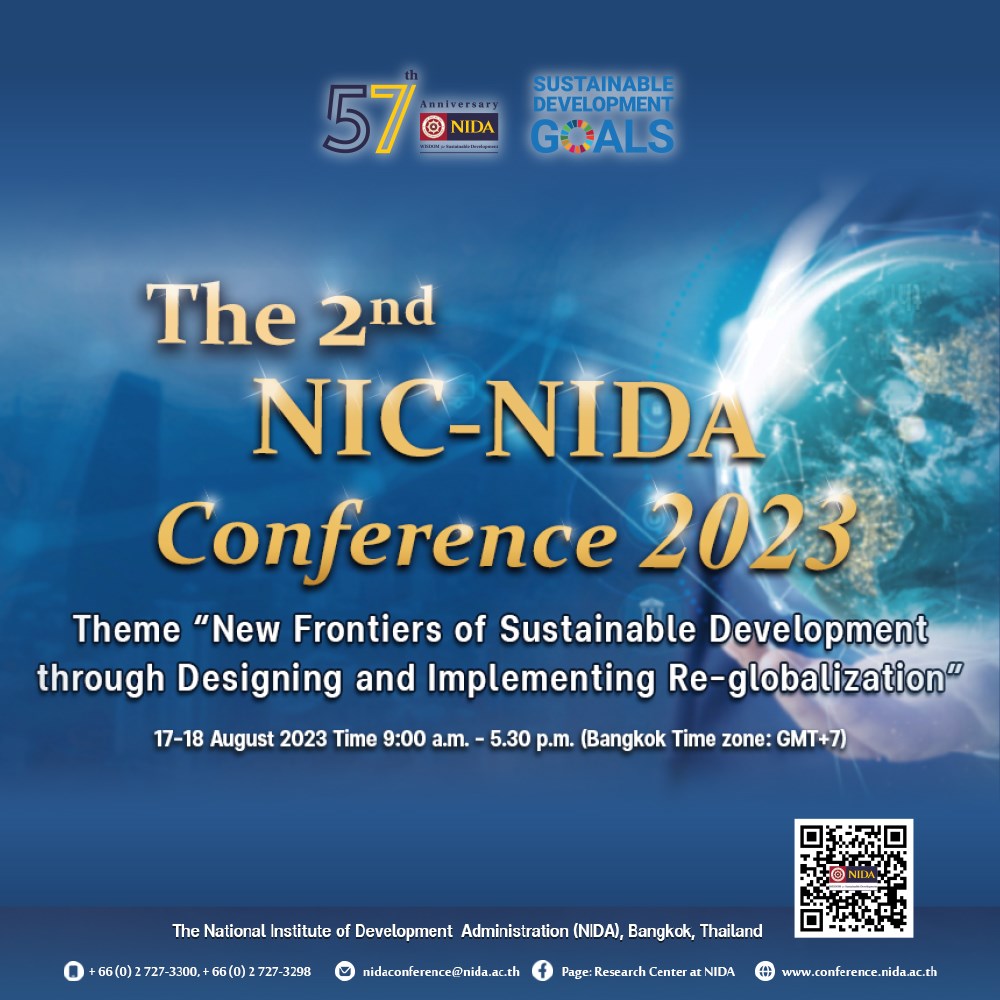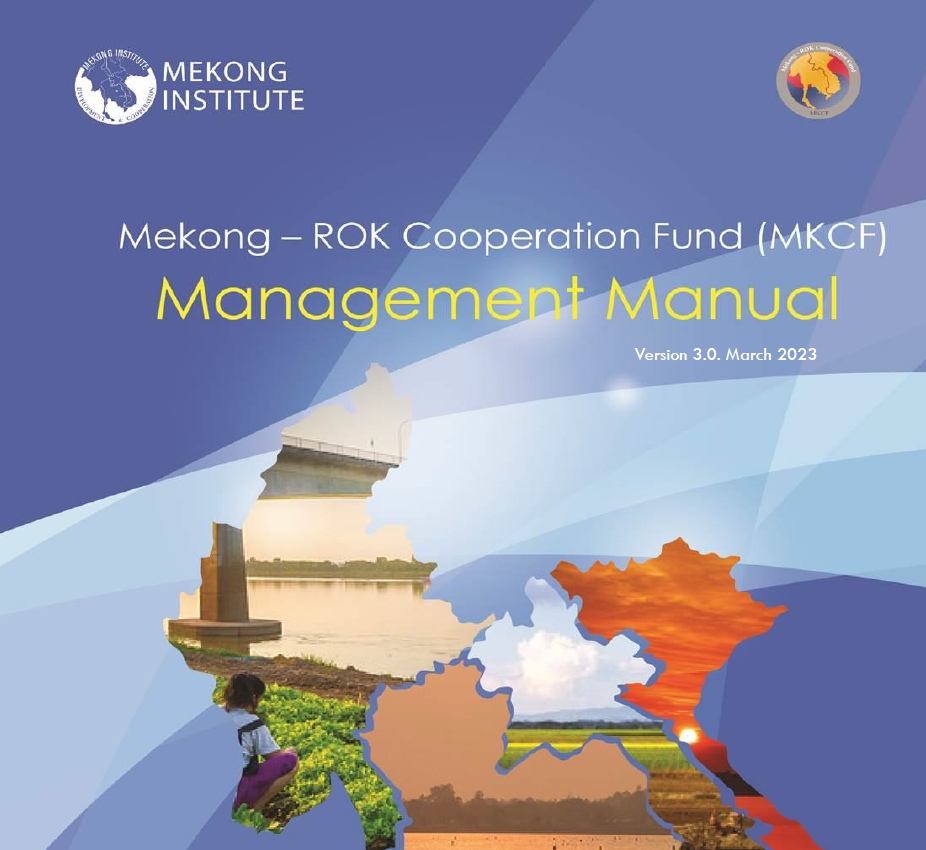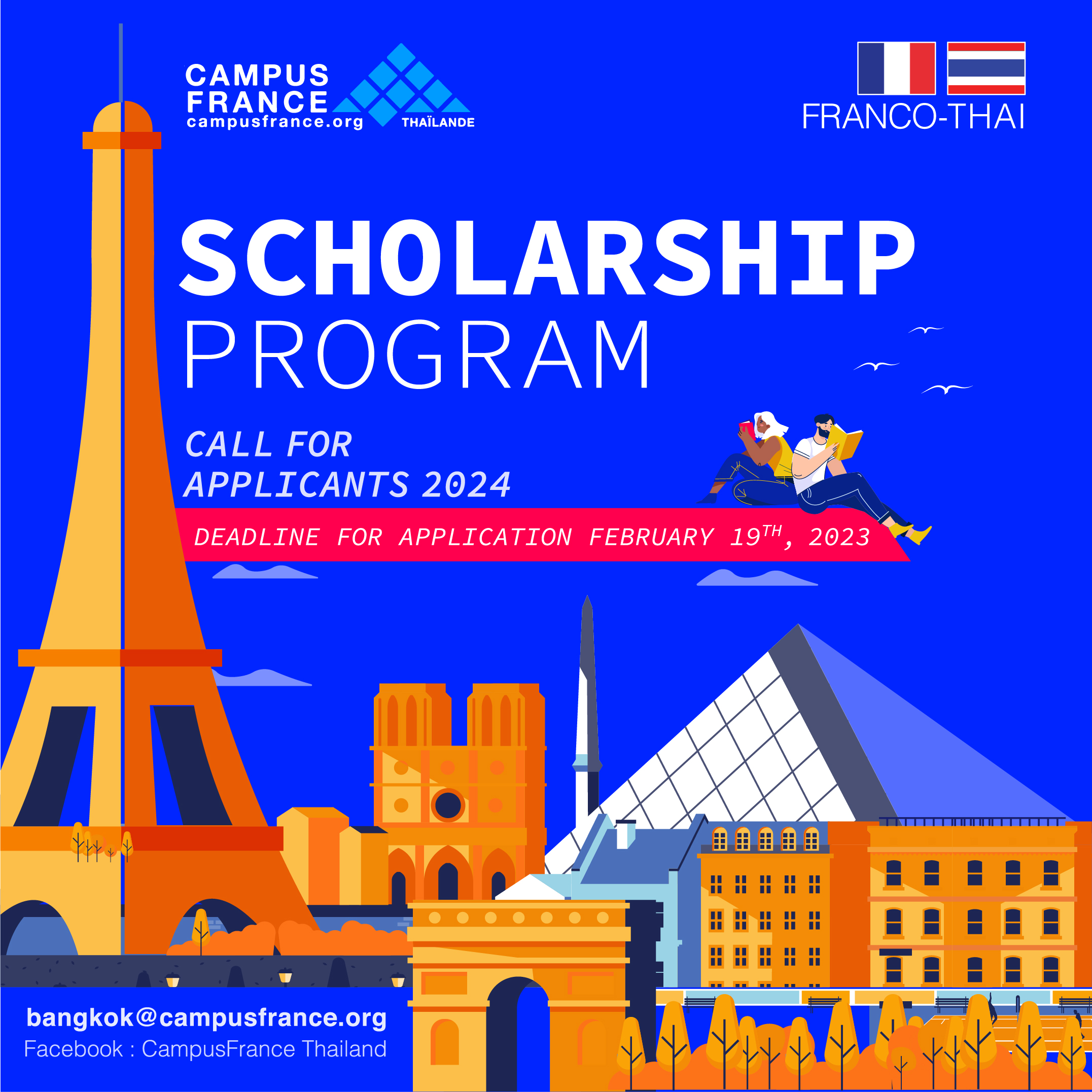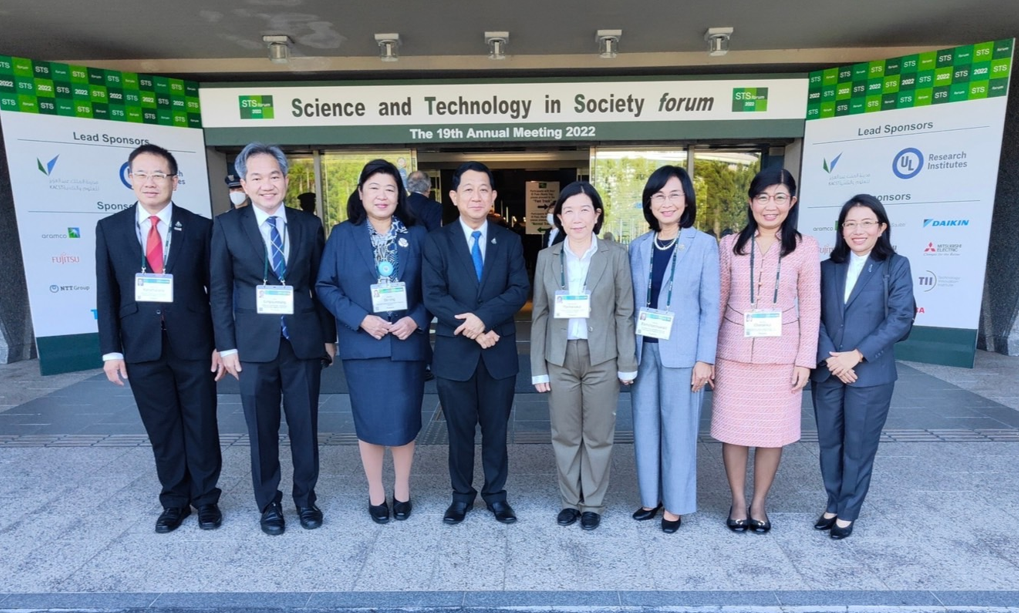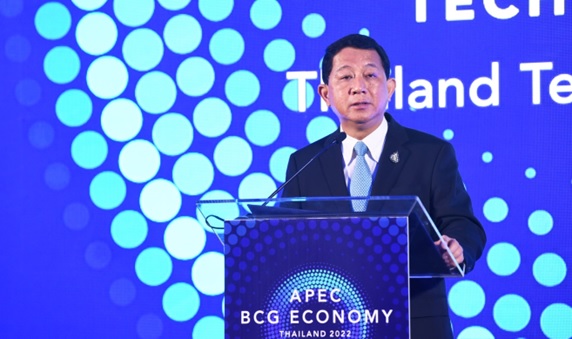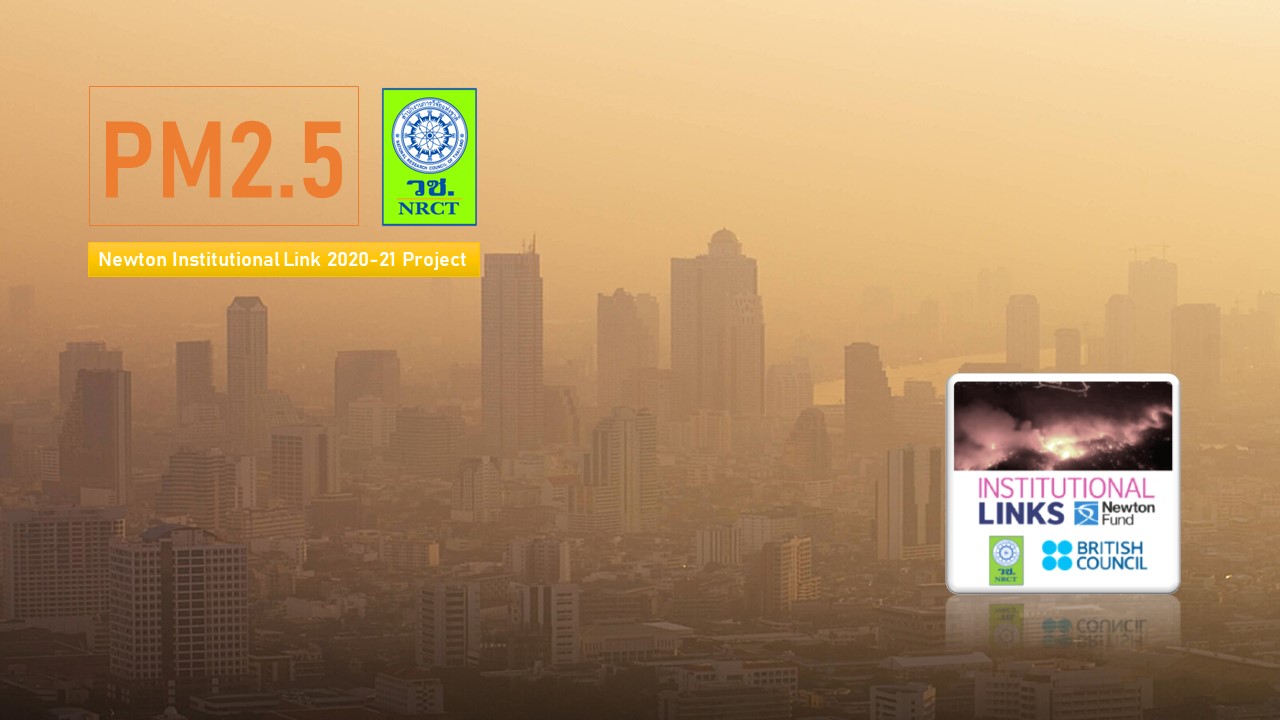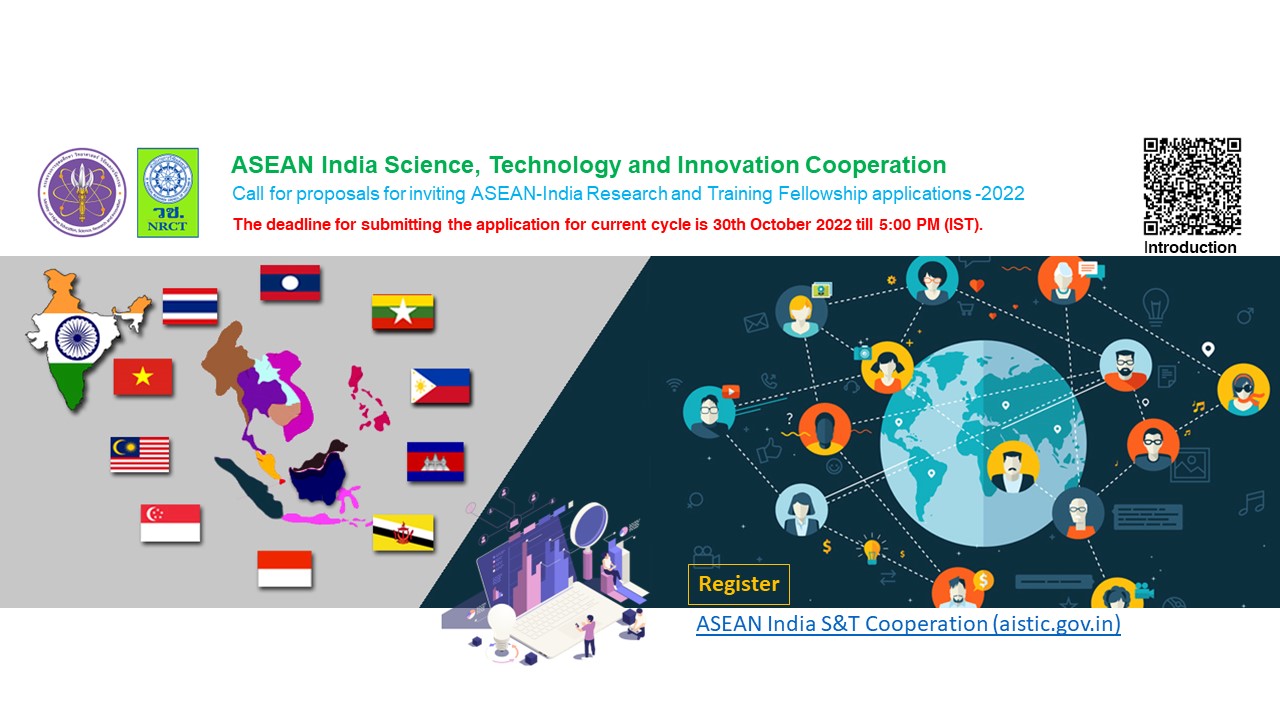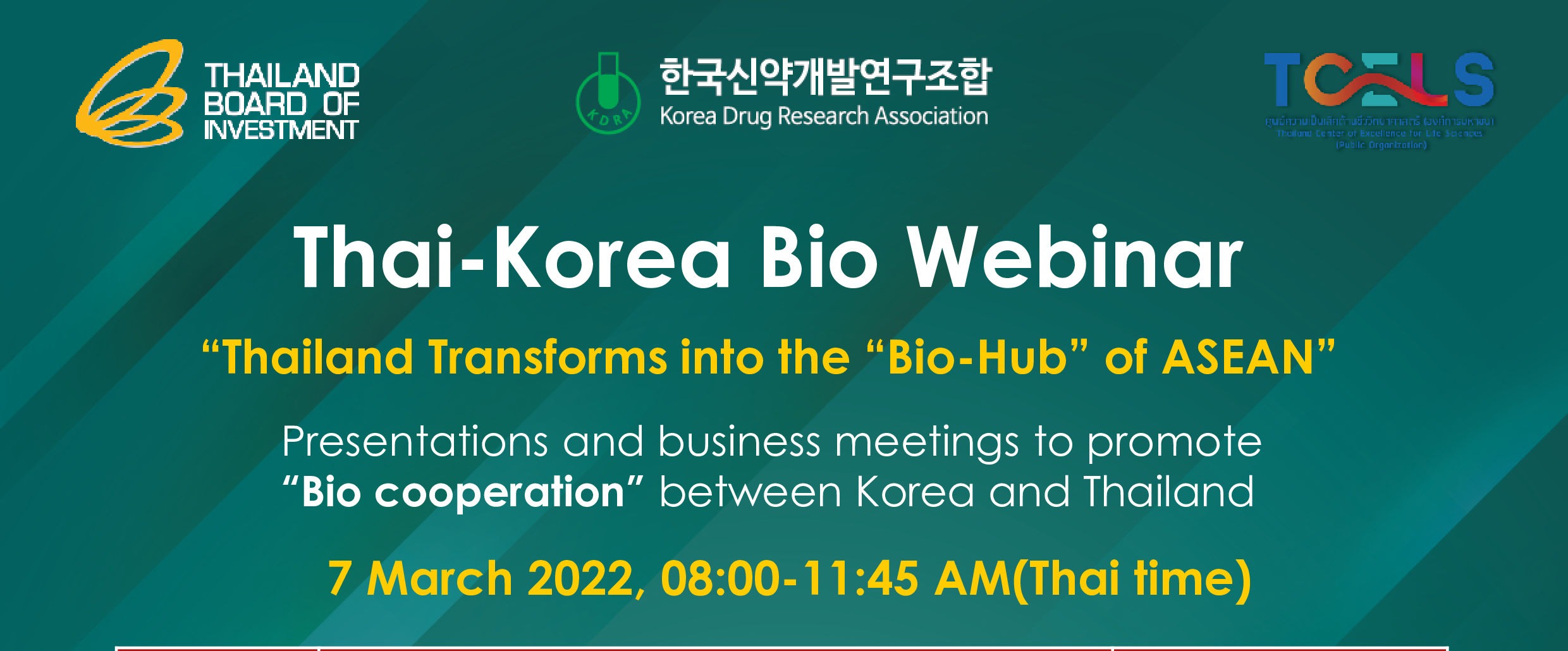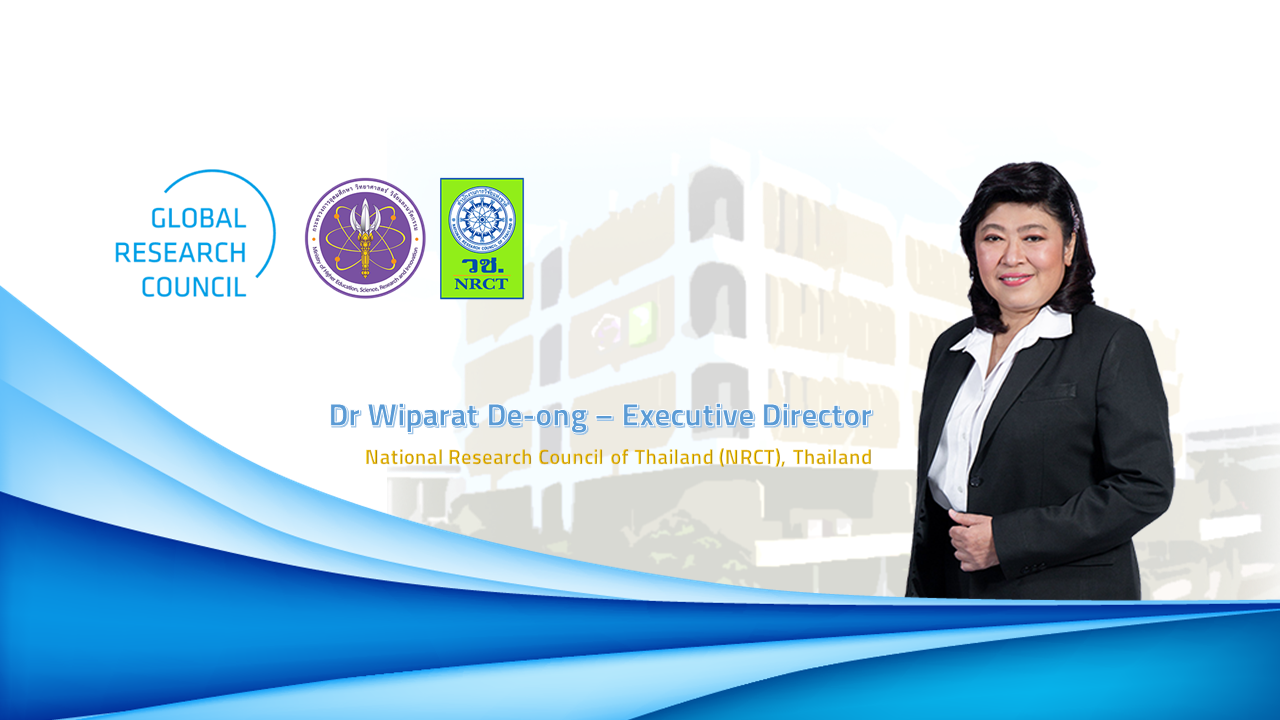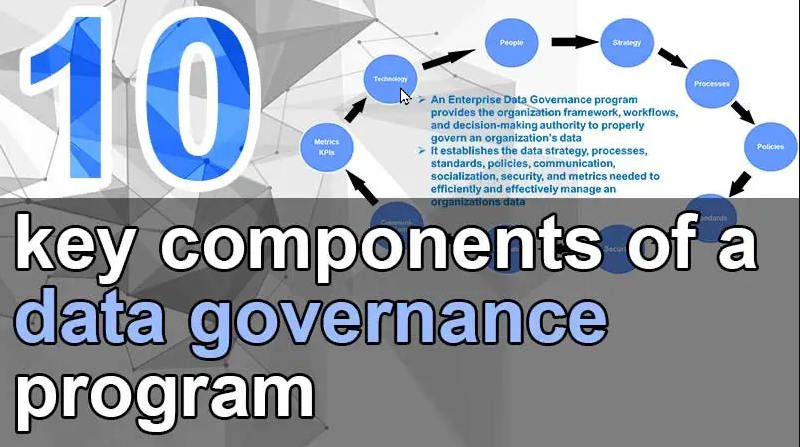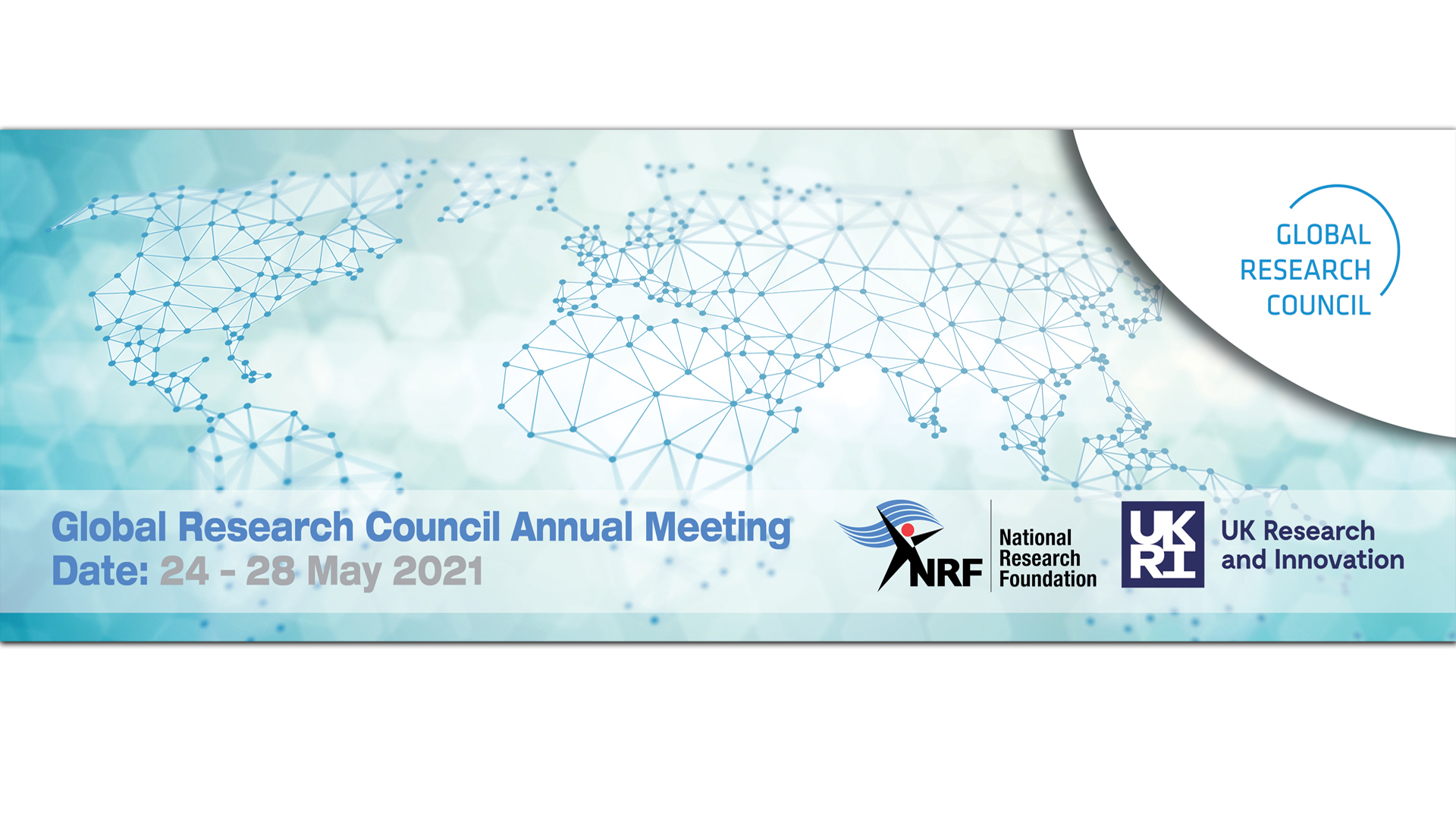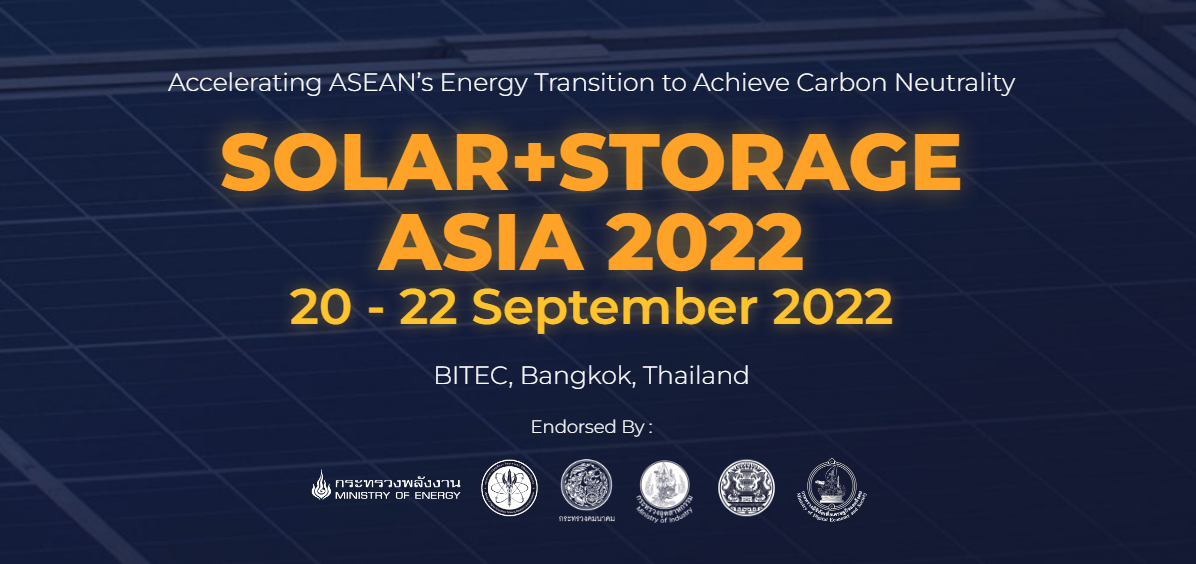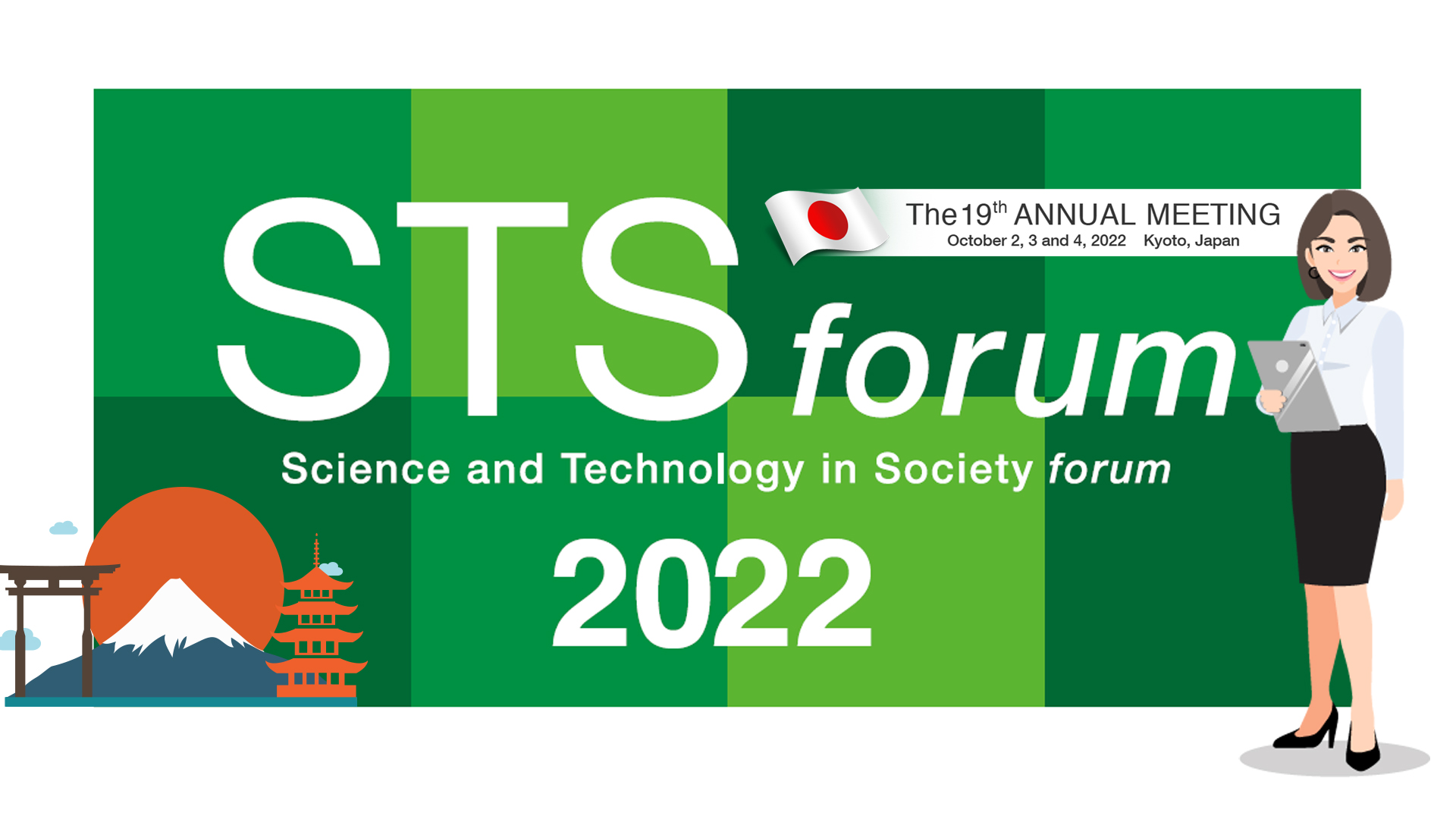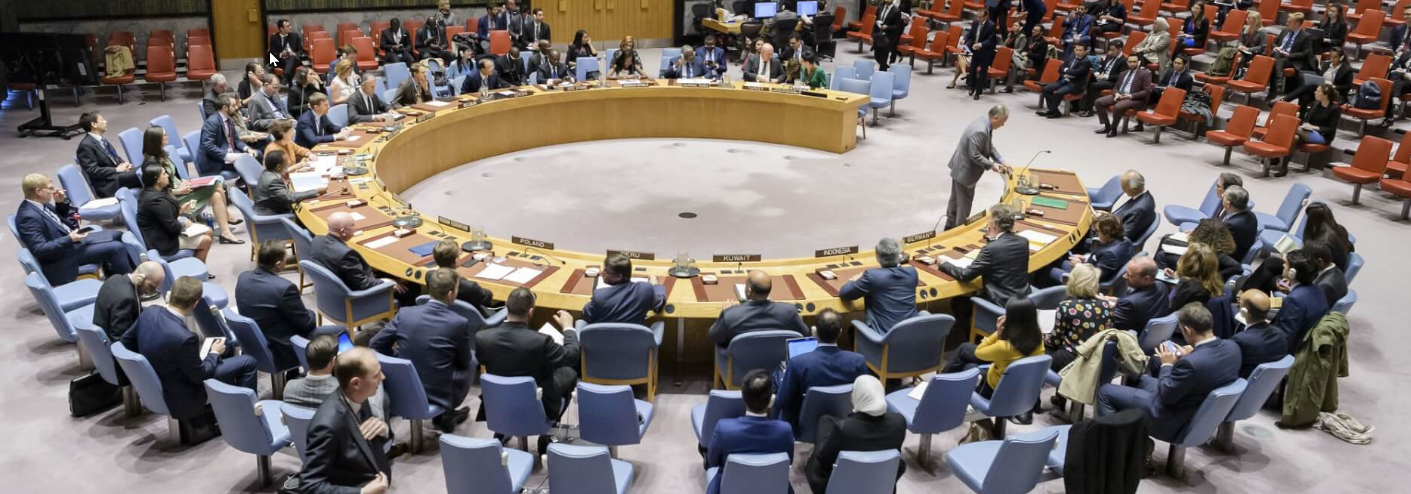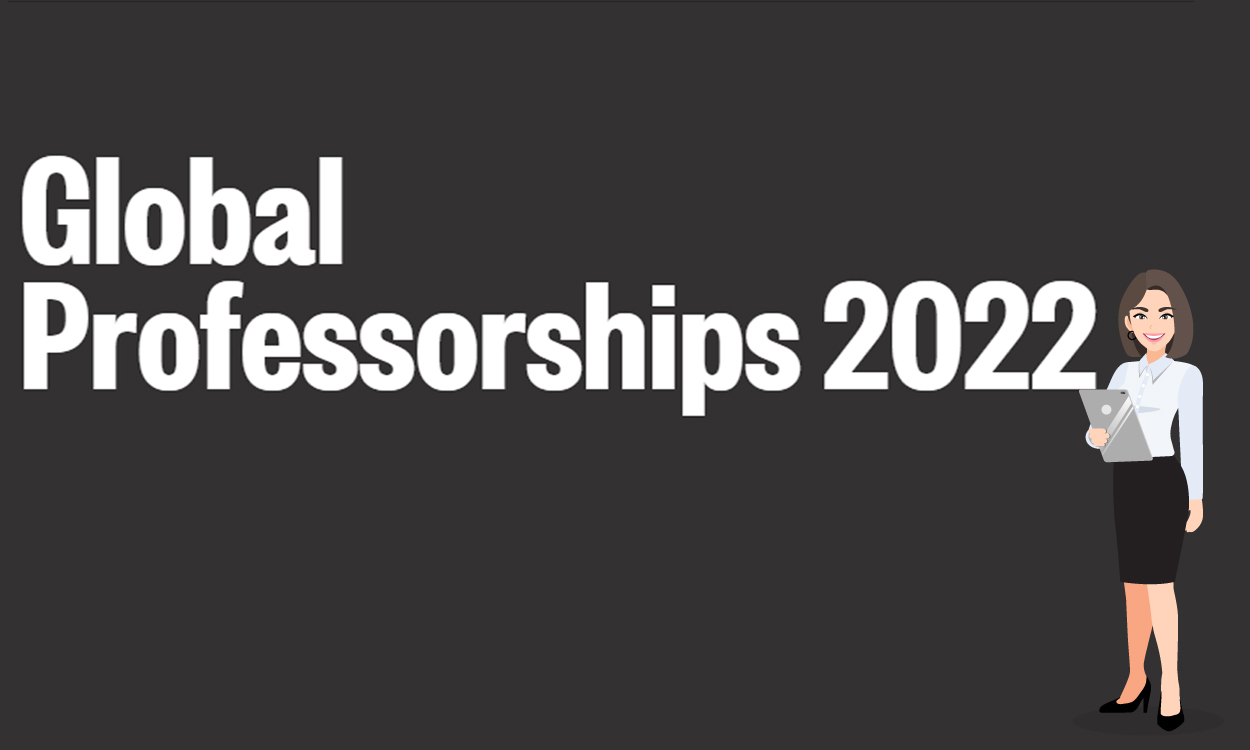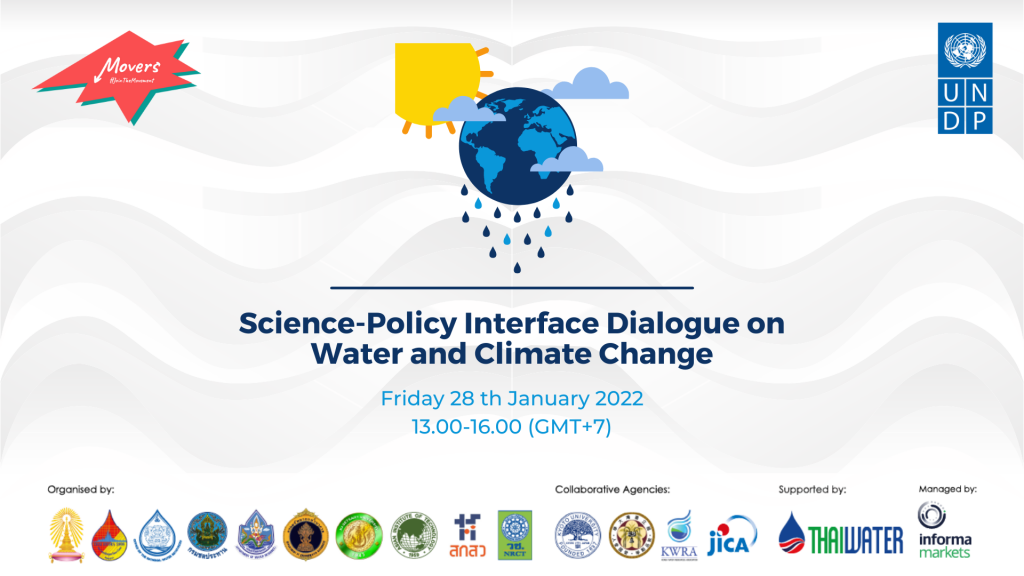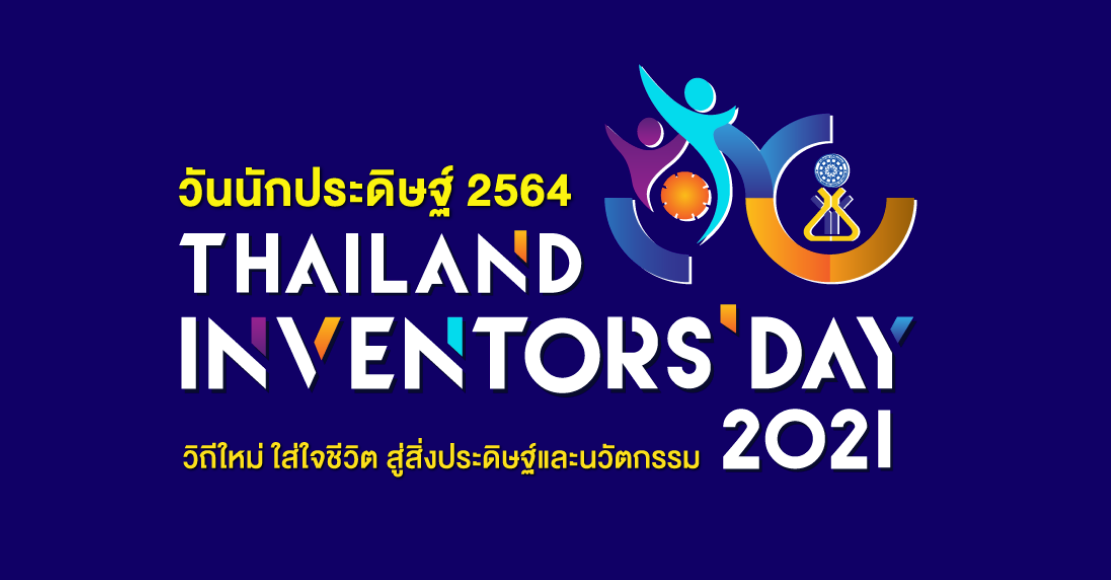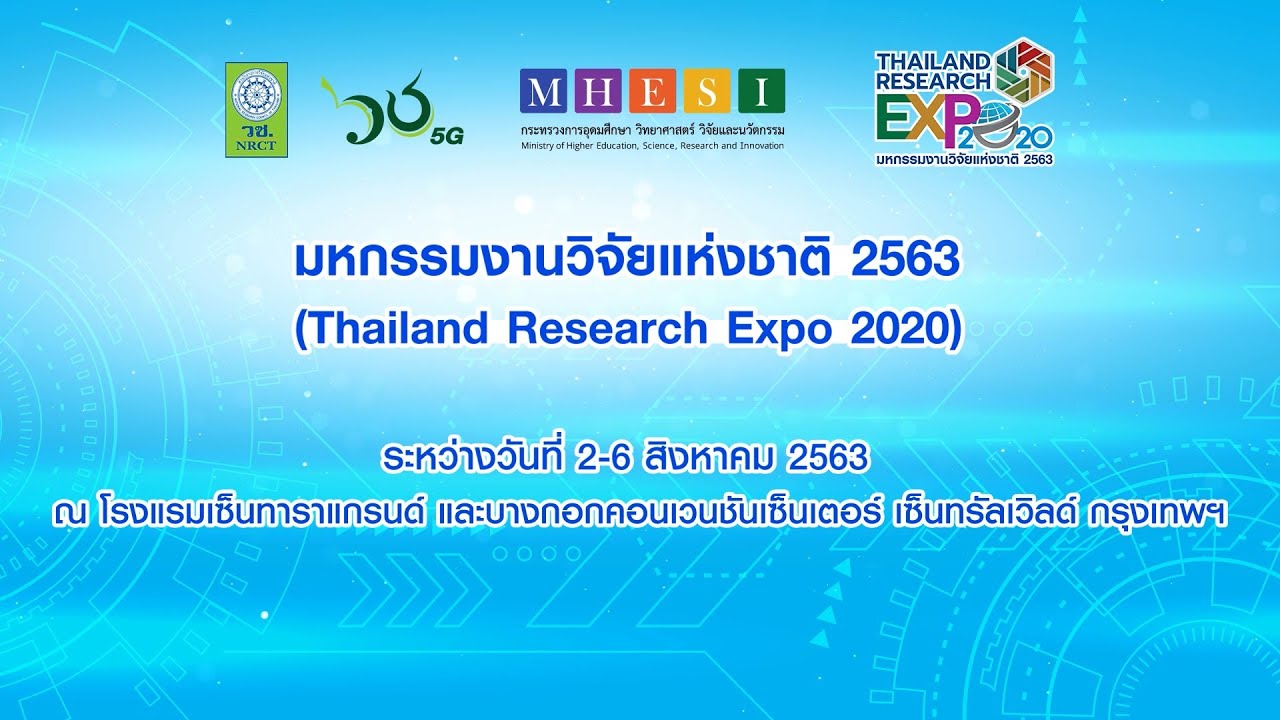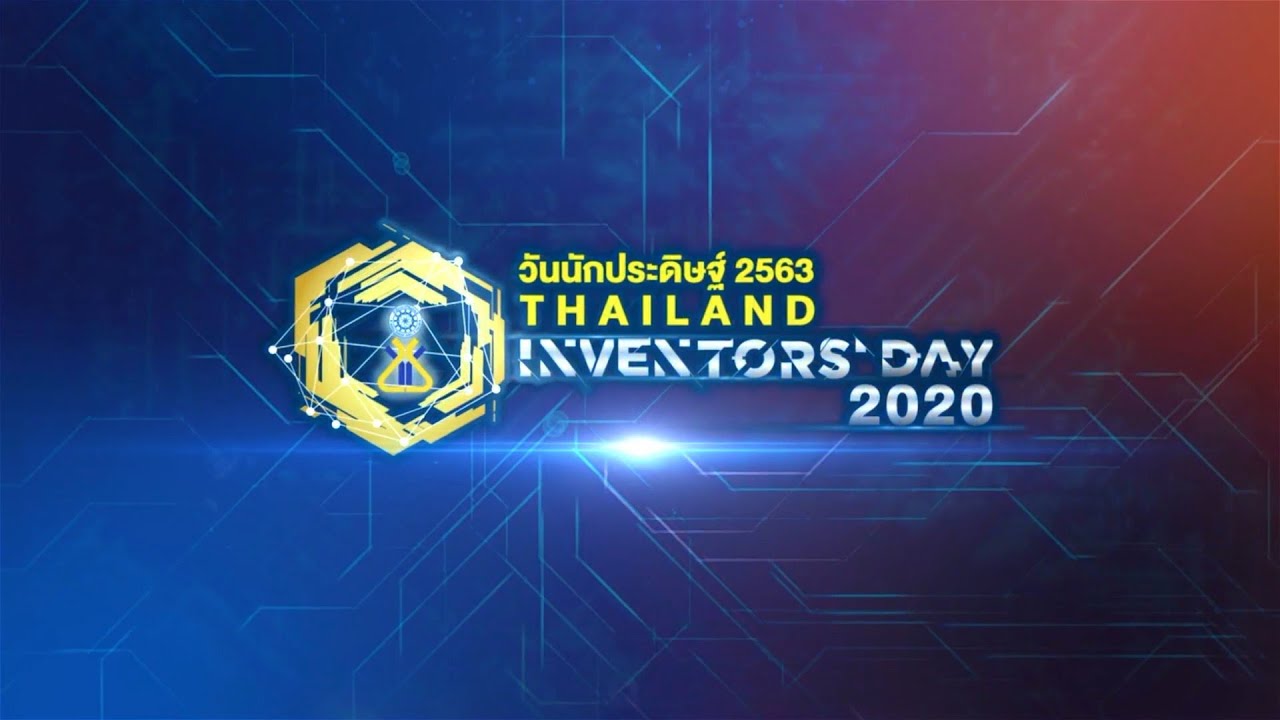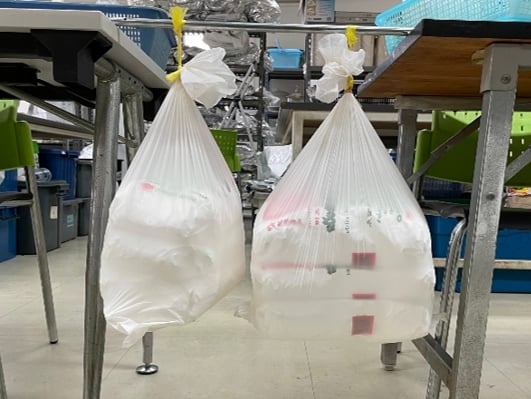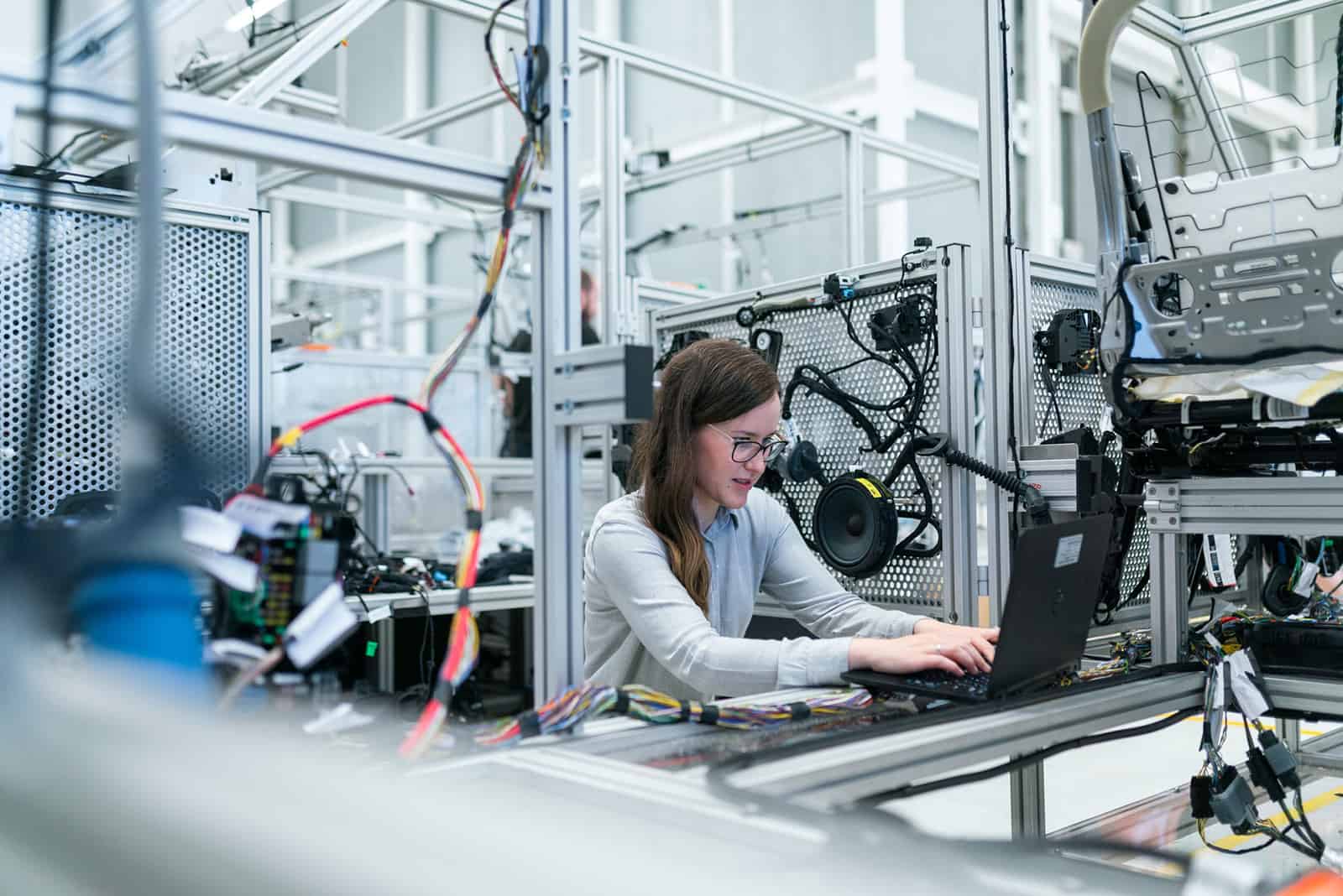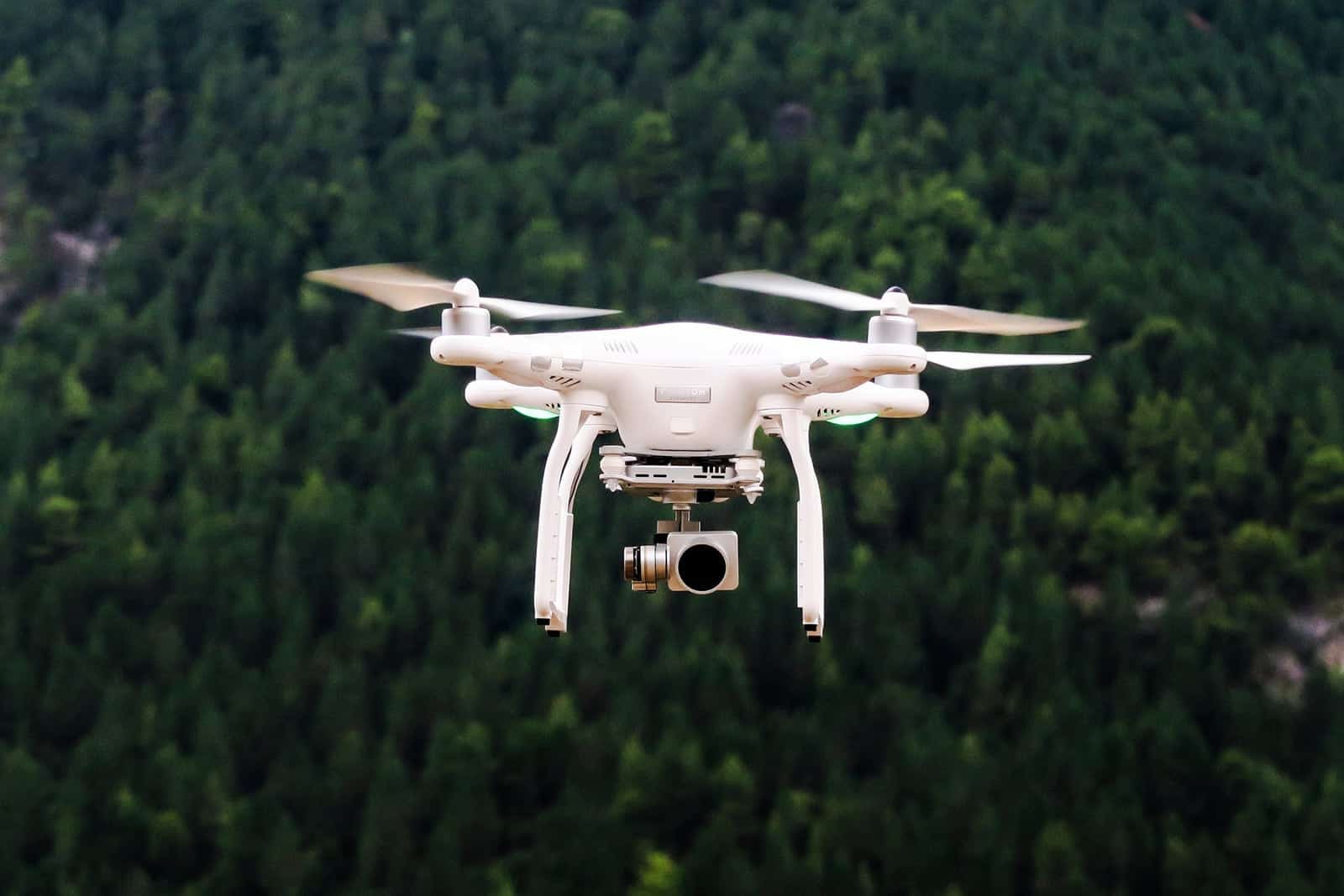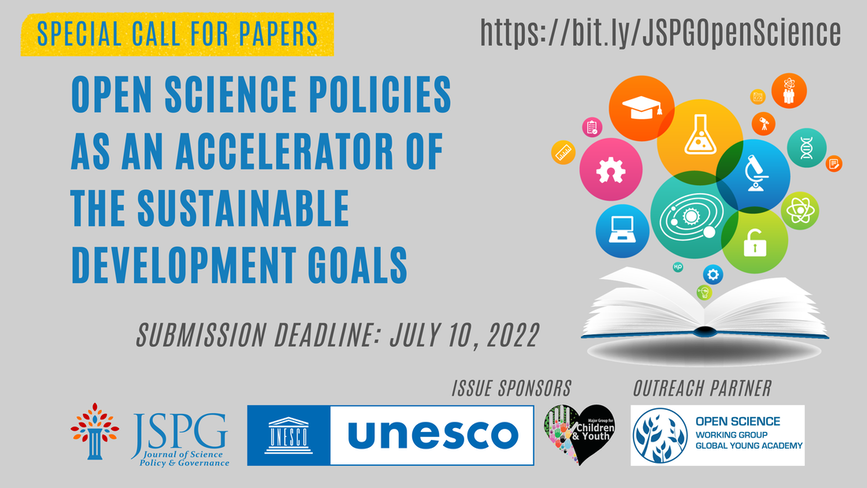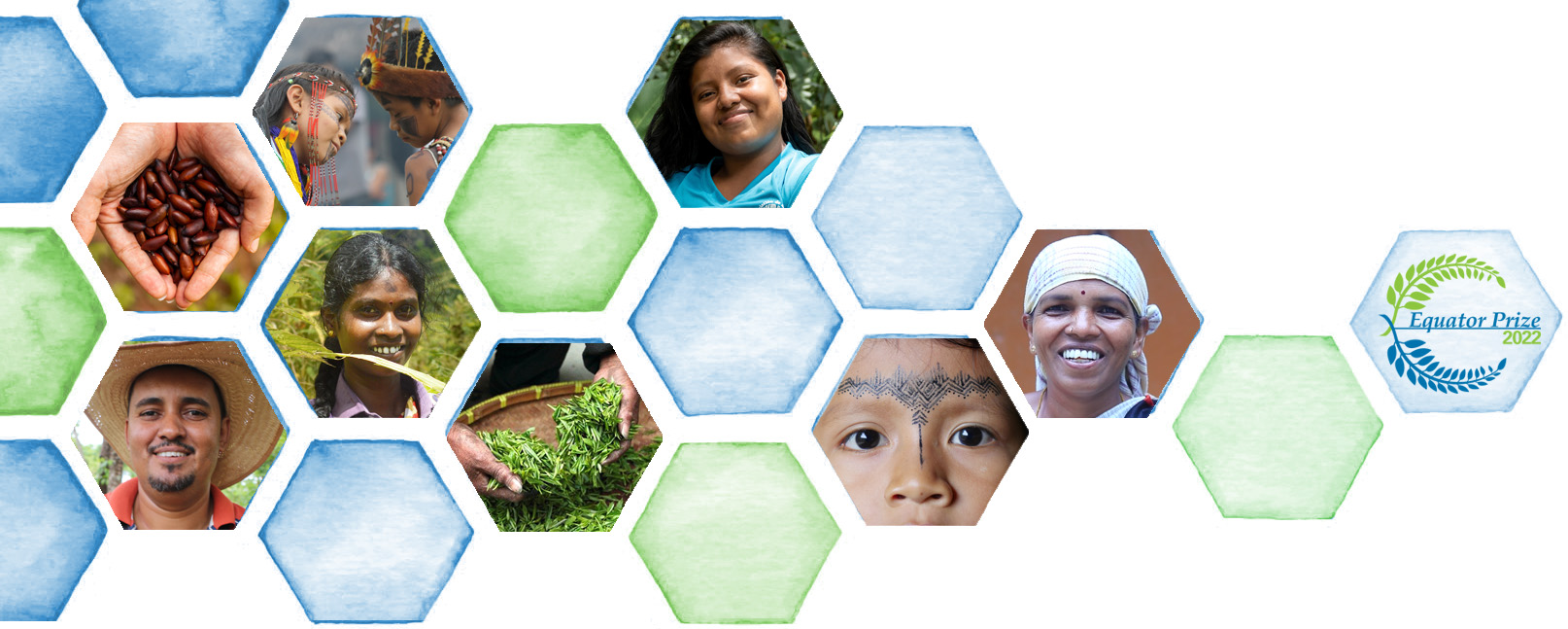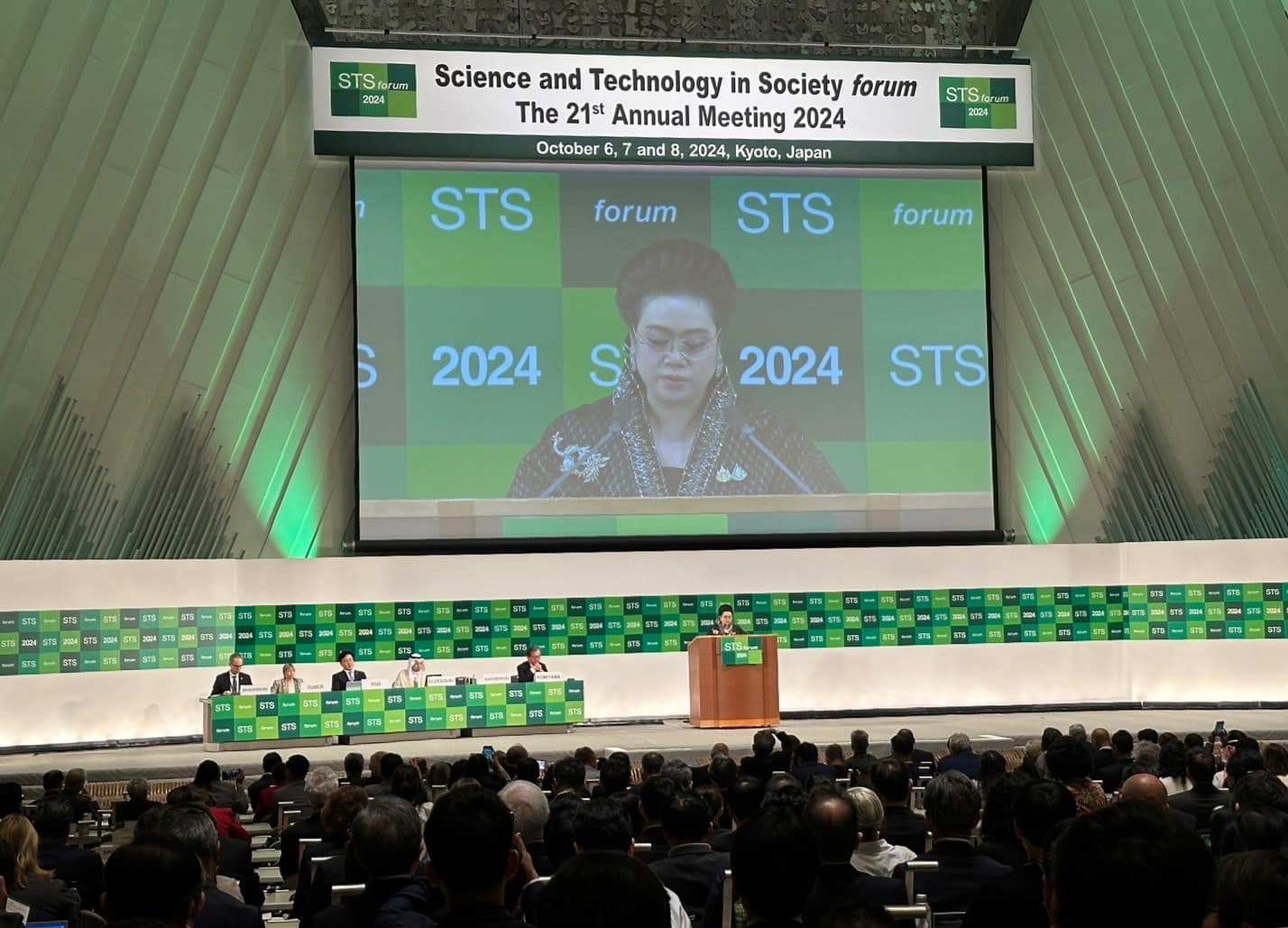
"Supamas" Highlights AI and STEM Education at Global Science and Technology Forum in Kyoto, Japan
Ms. Supamas Isarabhakdi, Minister of Higher Education, Science, Research, and Innovation (MHESI) of Thailand, delivered a keynote speech on the topic “World in 2024 -- What do we need from S&T?” during the opening ceremony of the Science and Technology in Society (STS) forum 2024 - The 21st Annual Meeting on October 6, 2024, at the Kyoto International Conference Center, Kyoto, Japan.
In her address, Ms. Supamas emphasized that one of the greatest challenges we currently face is the climate crisis, which is expected to intensify. This crisis affects public well-being, society, and the economy. While the world collaborates to leverage technological advancements to solve global issues and develop various sectors, technology alone cannot resolve such complex problems. Therefore, it is crucial to invest in human resources. To develop human potential and prepare for global changes and challenges, STEM education, integrating Science, Technology, Engineering, and Mathematics, plays a vital role. STEM focuses on practical skills and hands-on experience, which are essential in today’s learning, work, and everyday life.
At the opening ceremony, Japan’s Prime Minister, Shigeru Ishiba, stressed the importance of Generative AI in science and technology, noting its transformative impact on sectors such as healthcare, education, and others with societal implications. He announced two national strategies: innovation for fusion energy, focusing on carbon neutrality, and human resource development, emphasizing the creation of talented individuals who will shape the future.
Prof. Hiroshi Komiyama, Chairman of the STS forum, highlighted global challenges such as climate change, the risk of nuclear war, and social inequality.
Other notable speakers included:
- Dr. Eldesouki Munir M., President of King Abdulaziz City for Science and Technology (KACST), Saudi Arabia, who discussed using science and technology to address global challenges like climate change, food security, public health crises, and AI development.
- Mr. Yoo Sang-Im, Minister of Science and ICT, South Korea, emphasized the role of science and technology in creating global peace, especially in the era of rapid AI development and the "Digital Bill of Rights," aiming for a responsible digital society.
- Prof. Maria T. Zuber, Co-Chair of the President’s Council of Advisors on Science and Technology (PCAST), USA, discussed four key challenges: 1) climate change, environmental sustainability, and global energy needs, 2) global health and pandemics, 3) food security and agriculture, and 4) freshwater scarcity and water quality.
- Dr. Jens Brandenburg, Secretary General of the Ministry of Education and Research, Germany, focused on three main issues: 1) strength through science and technology to overcome crises via innovation, 2) technological sovereignty, and 3) military security, cybersecurity, and civilian security.
Ms. Supamas led a delegation of MHESI executives and young researchers from Thailand to participate in the STS forum 2024, including Prof. Dr. Supachai Pathumnakul, Permanent Secretary of MHESI, Prof. Dr. Sirirerk Songsivilai, Chairman of the Science Promotion Board, and Dr. Wiparat Dee-ong, Director of the National Research Council of Thailand (NRCT), along with other senior officials.
Currently, NRCT is a Council Member of the STS forum, a global platform for exchanging views and collaborating with international networks. NRCT regularly sends young Thai researchers to participate and present their work at the STS forum each year as part of the Young Leaders program. This year, NRCT hosted a meeting on “Science and Technology for Future Transition” on October 6, 2024, during the STS forum.
The STS forum aims to build networks and facilitate discussions among science and technology leaders to gain insights, share innovative ideas, and promote awareness of the impacts and needs driven by advancements in science and technology.








